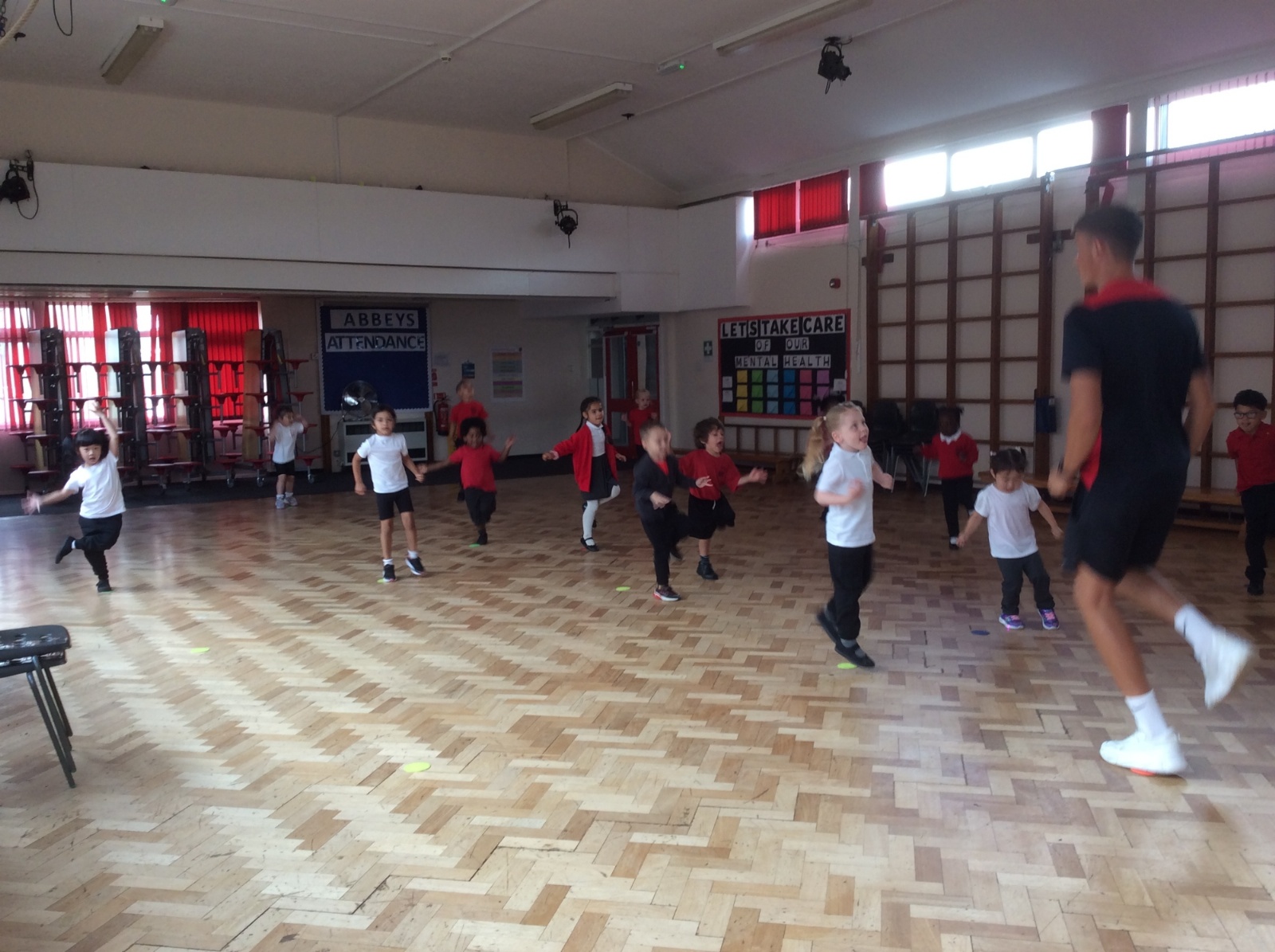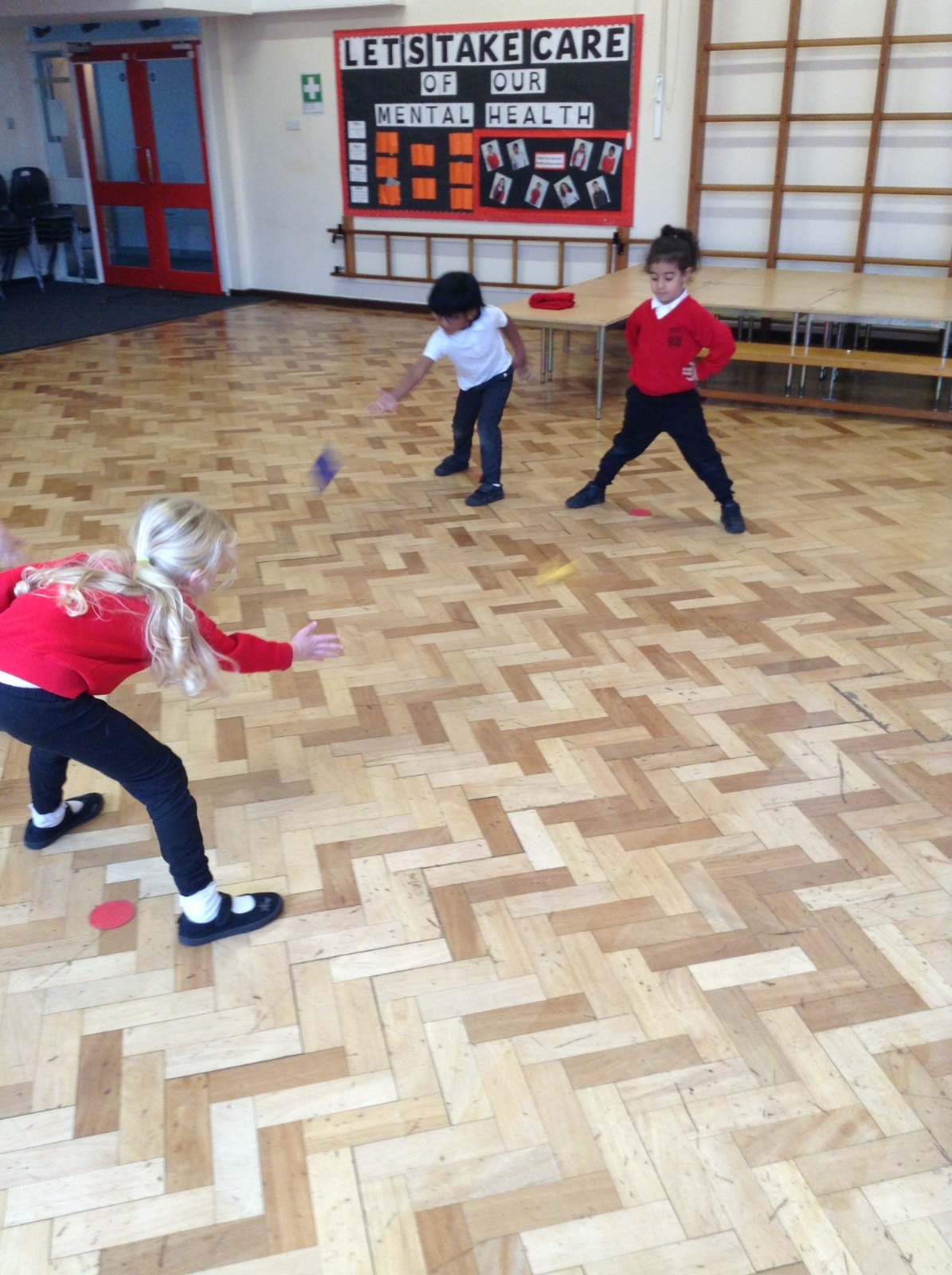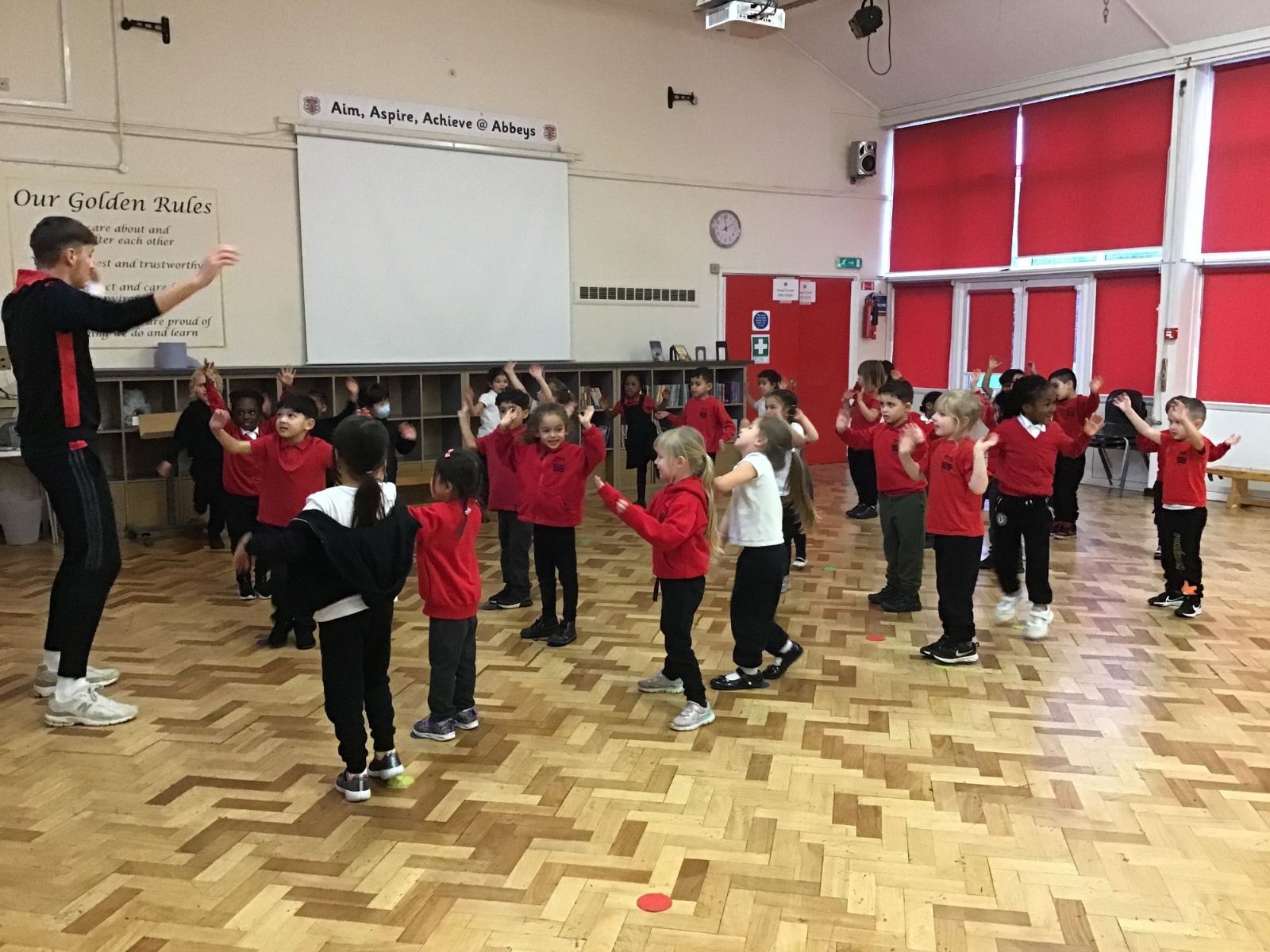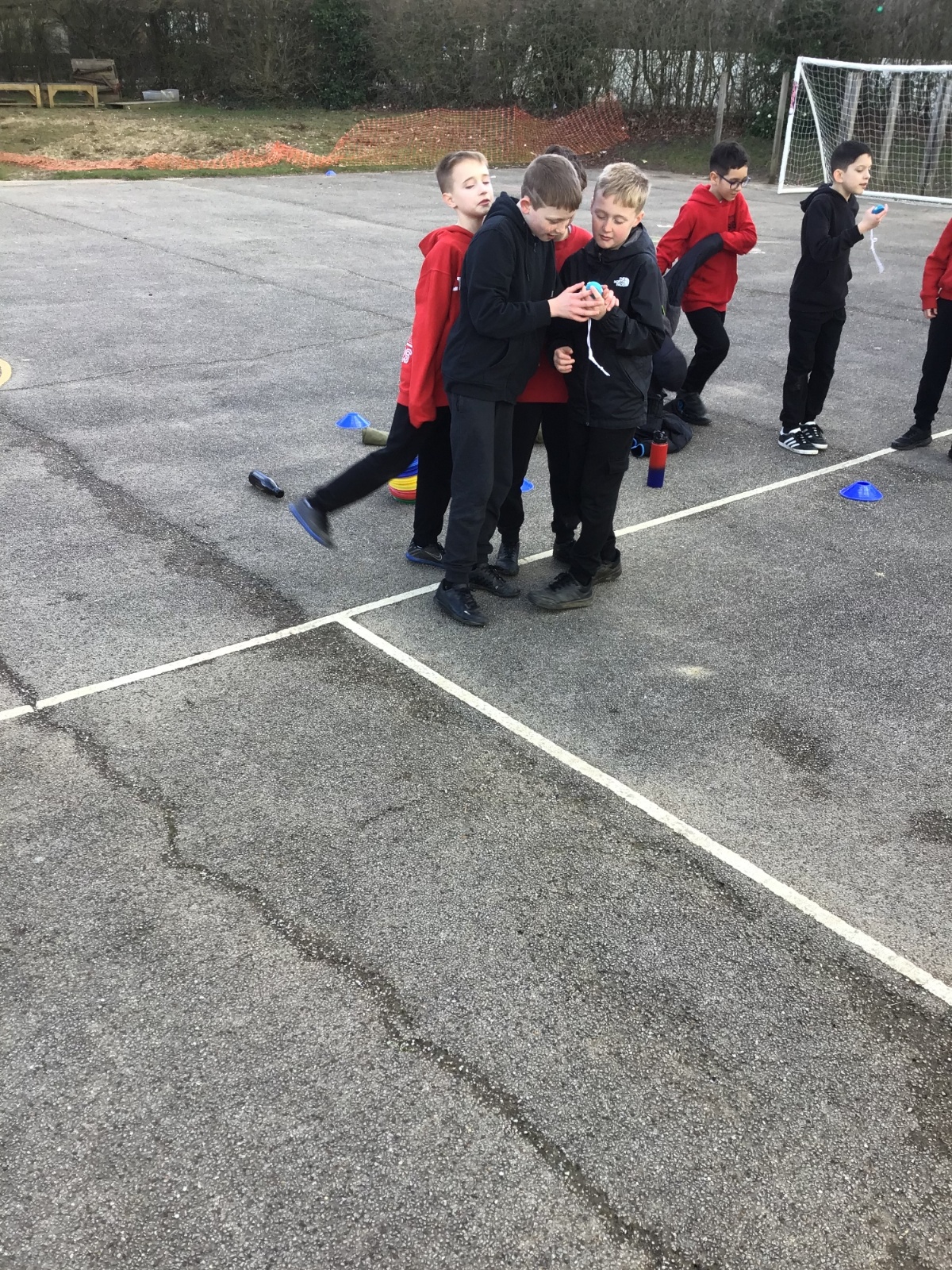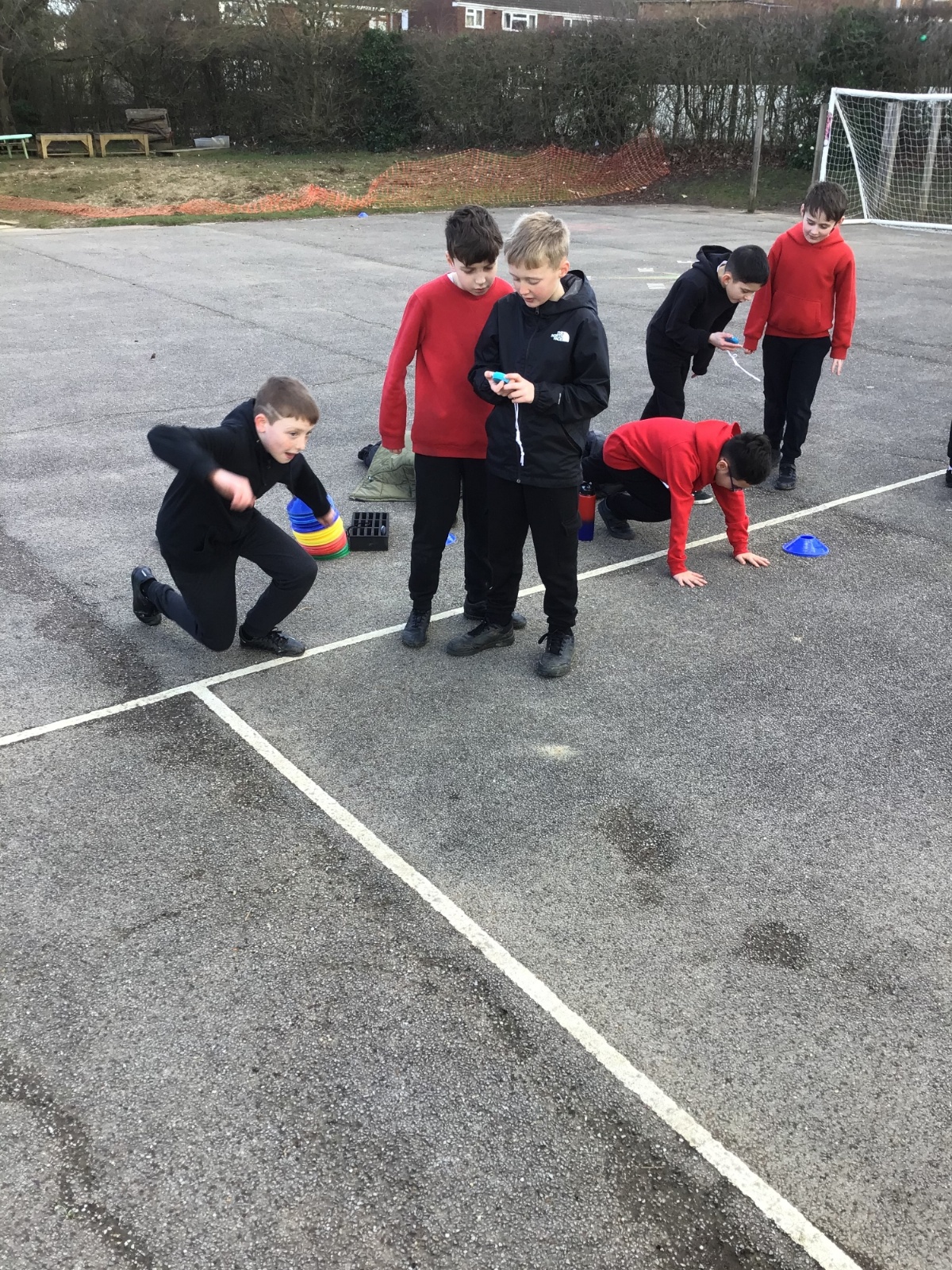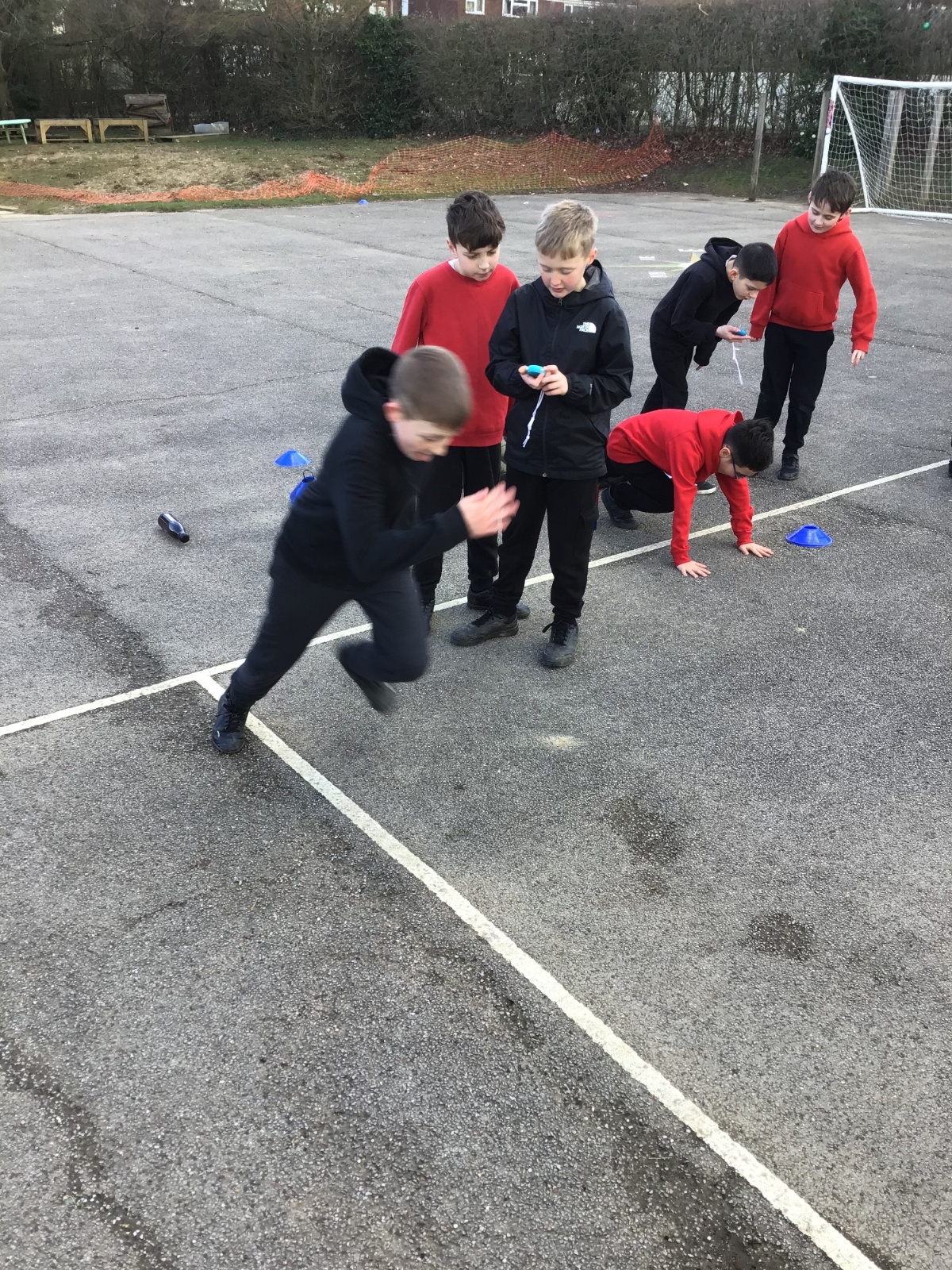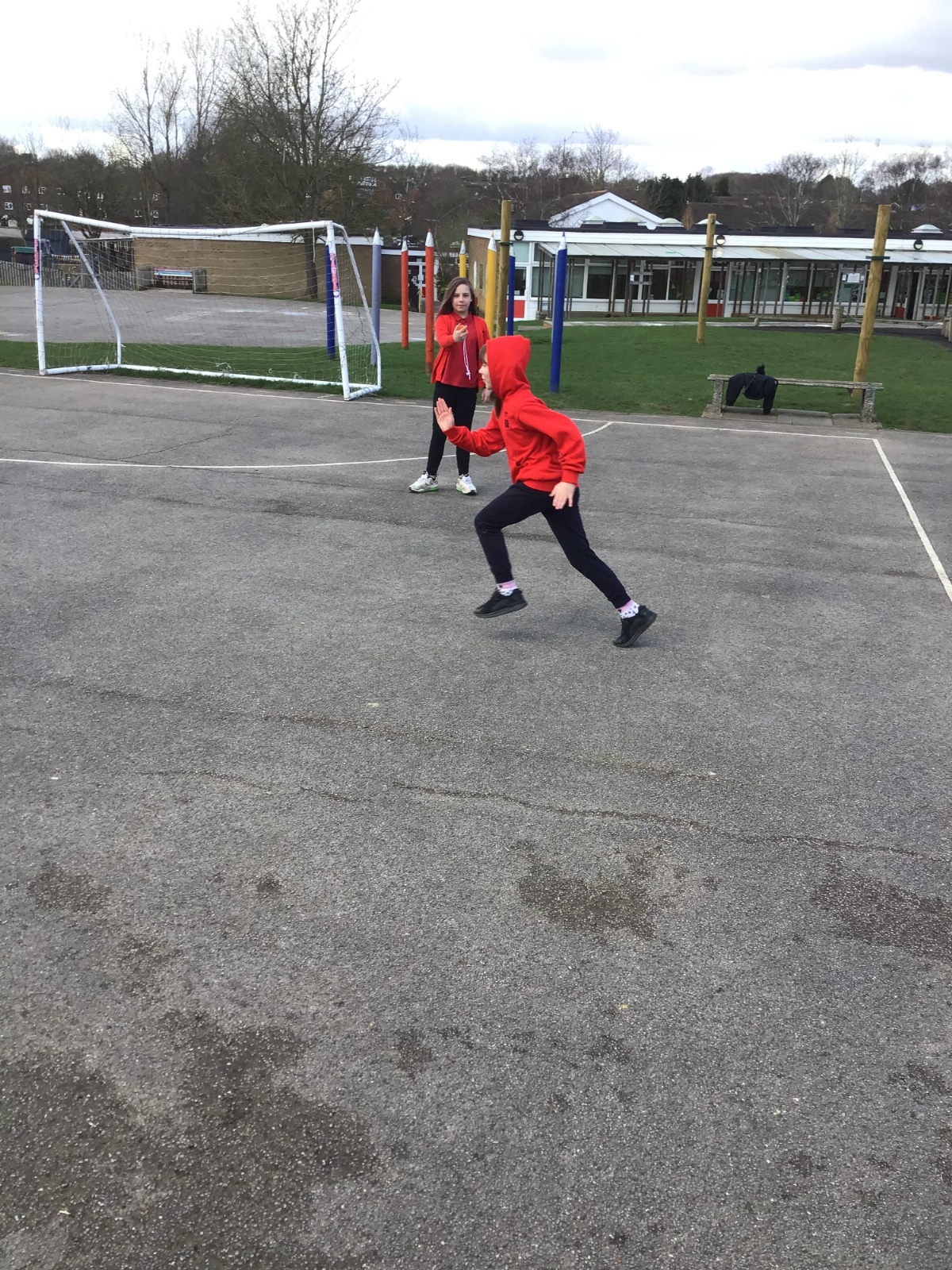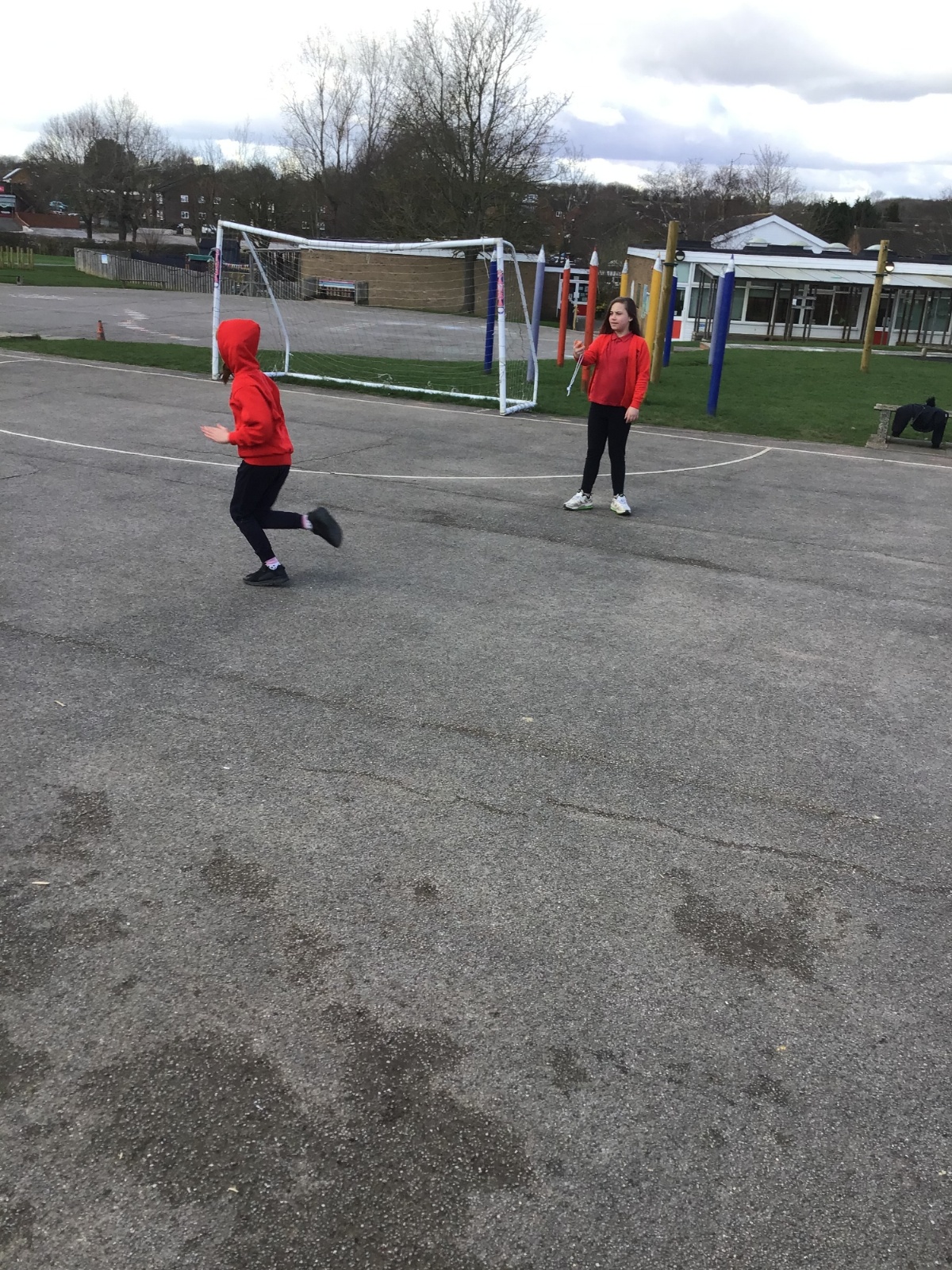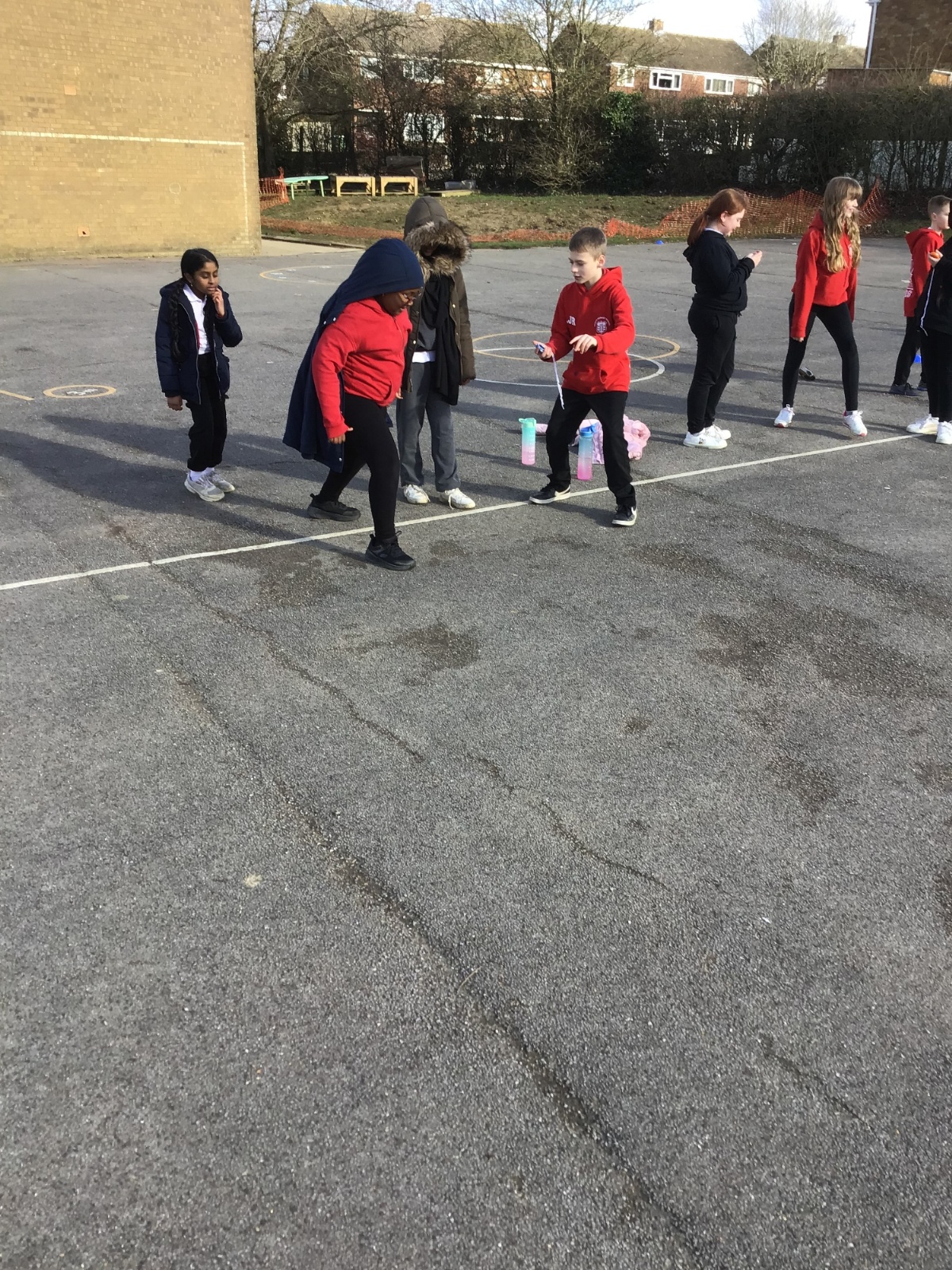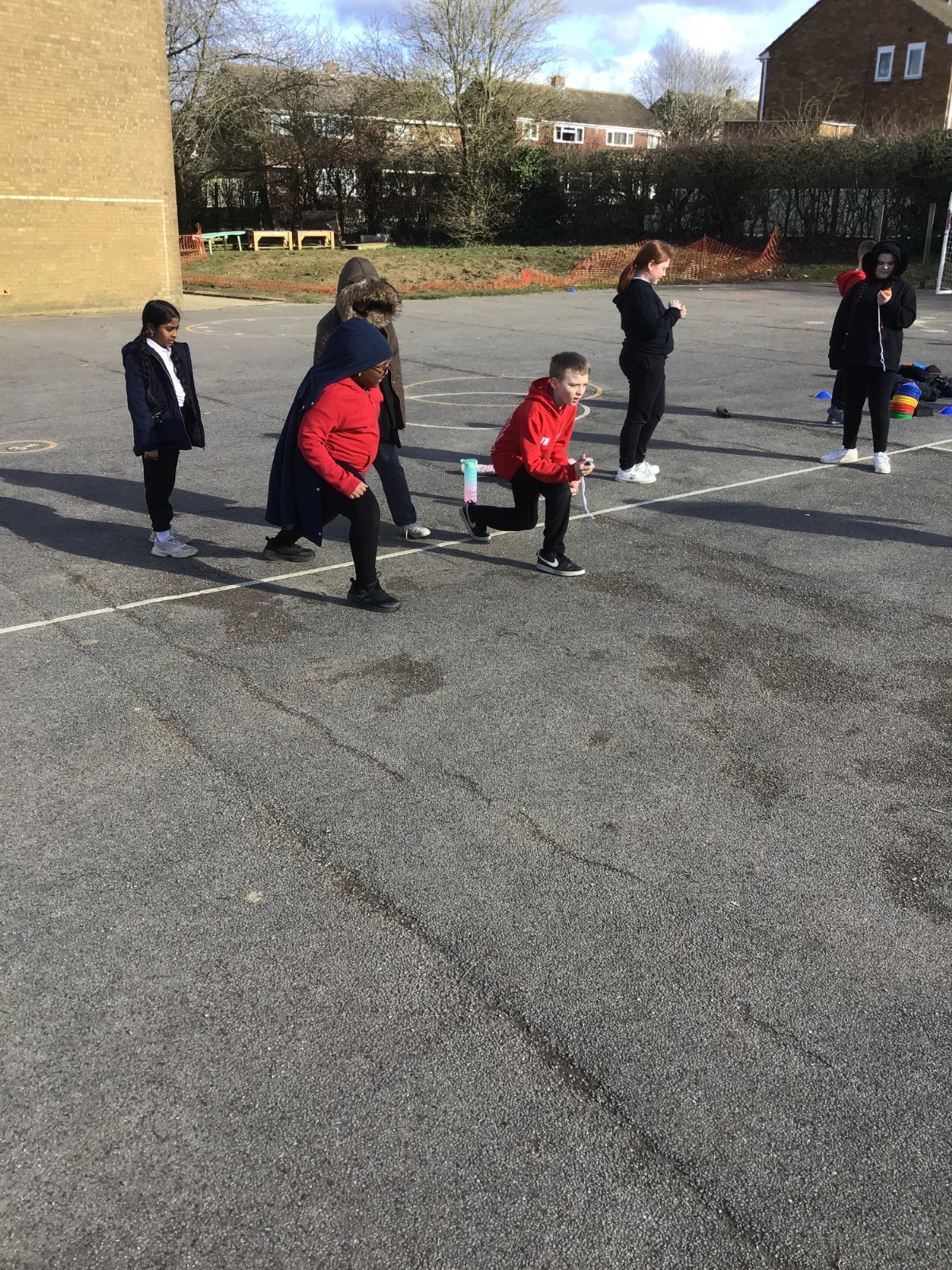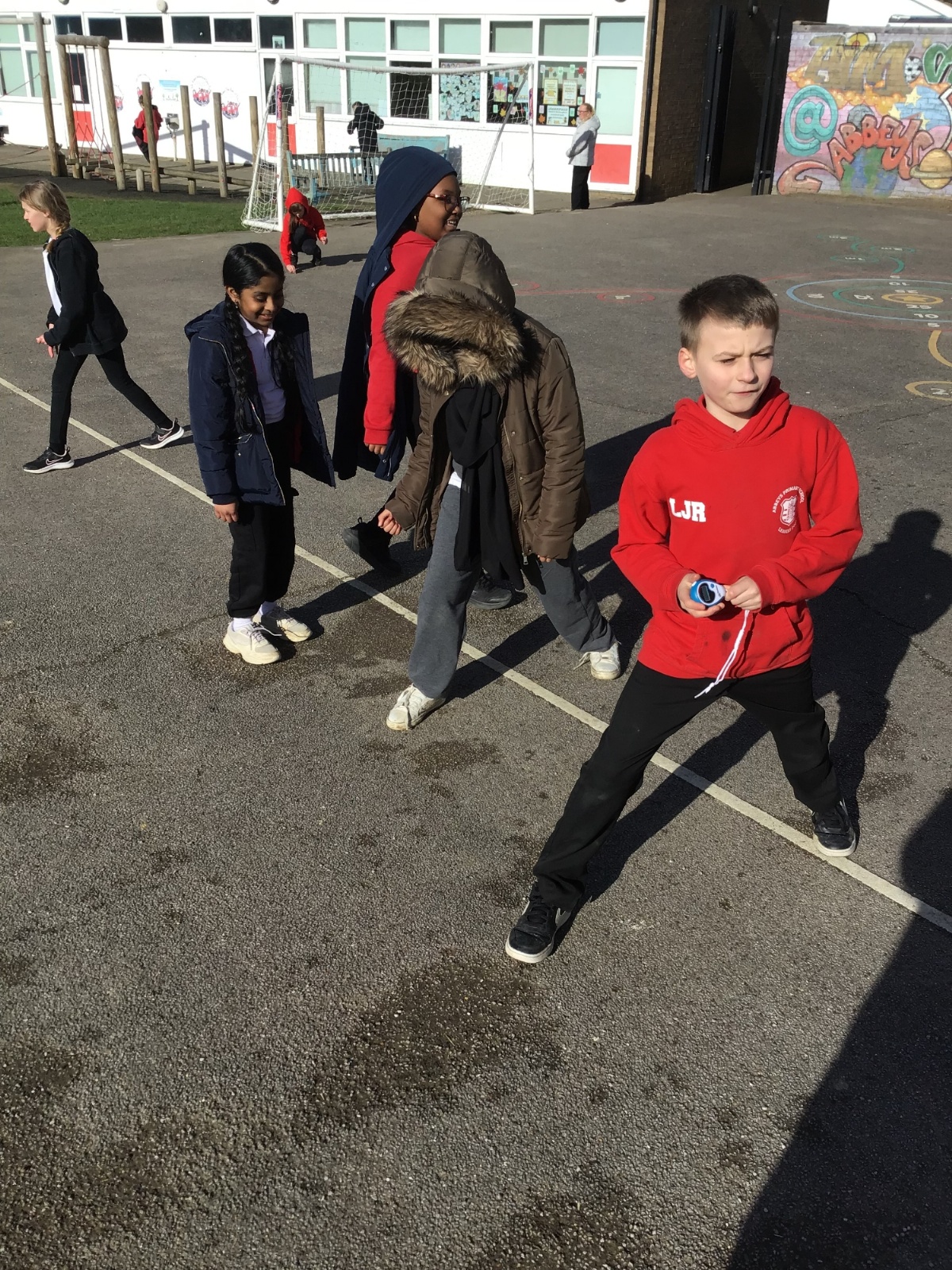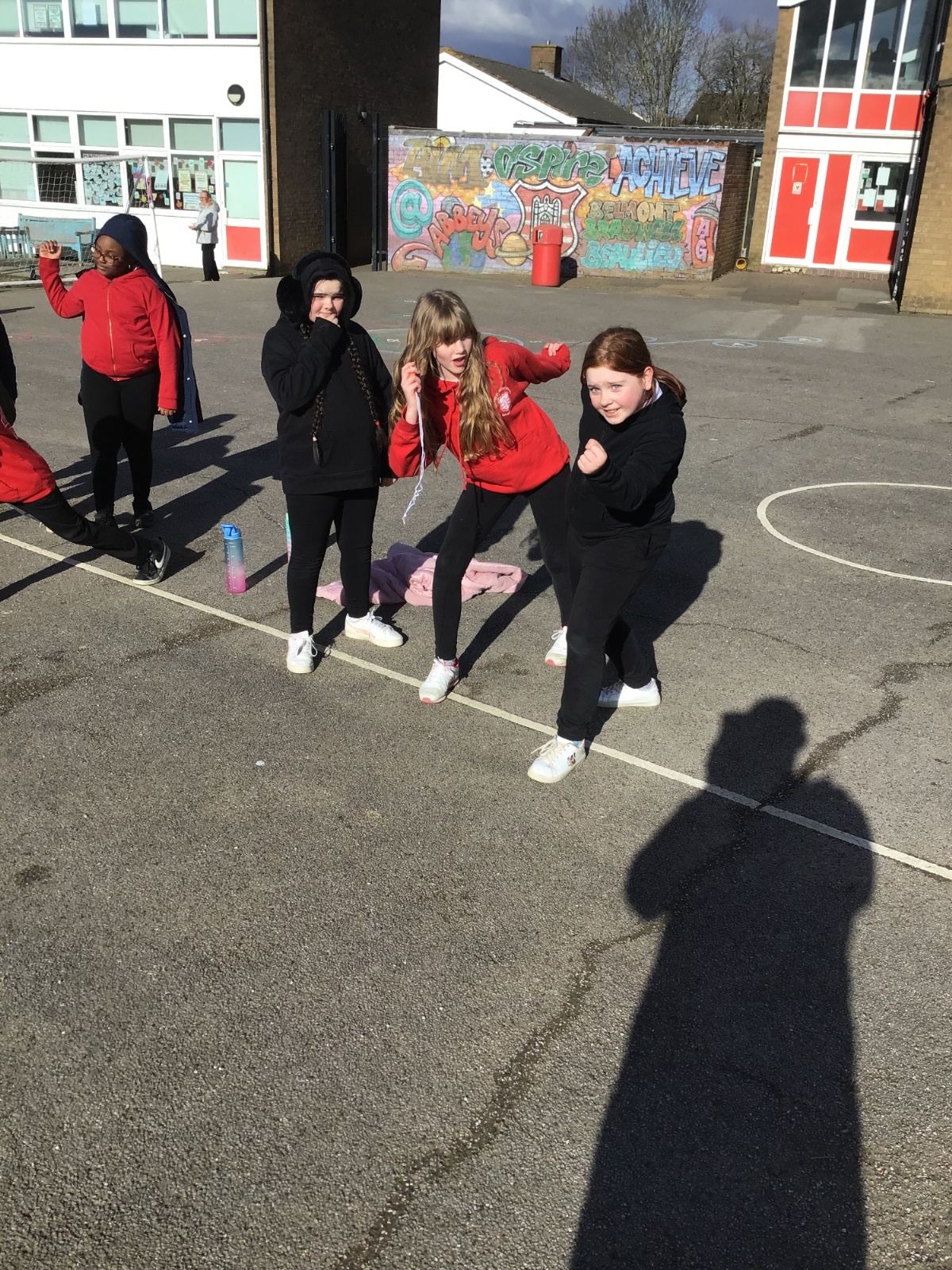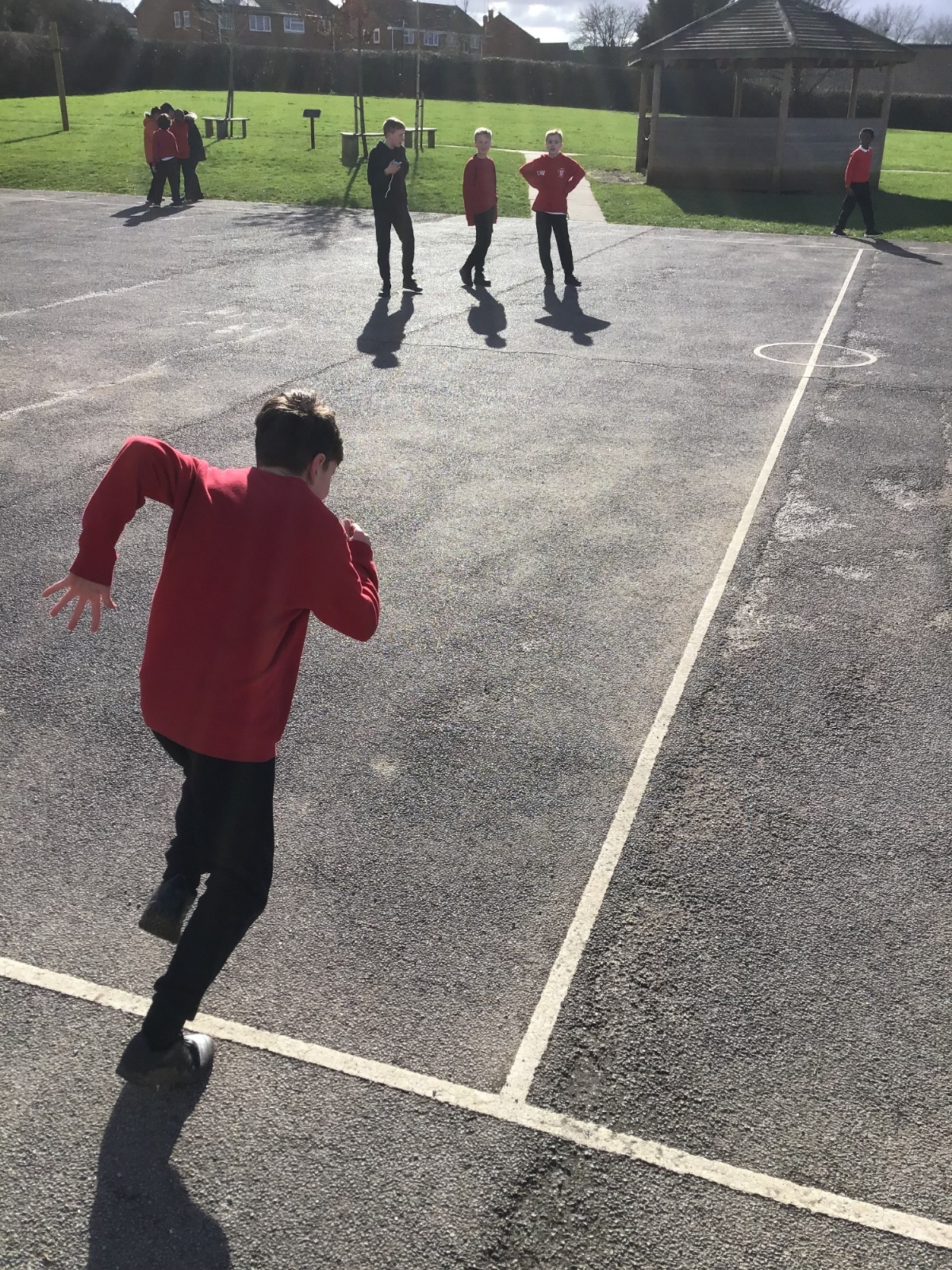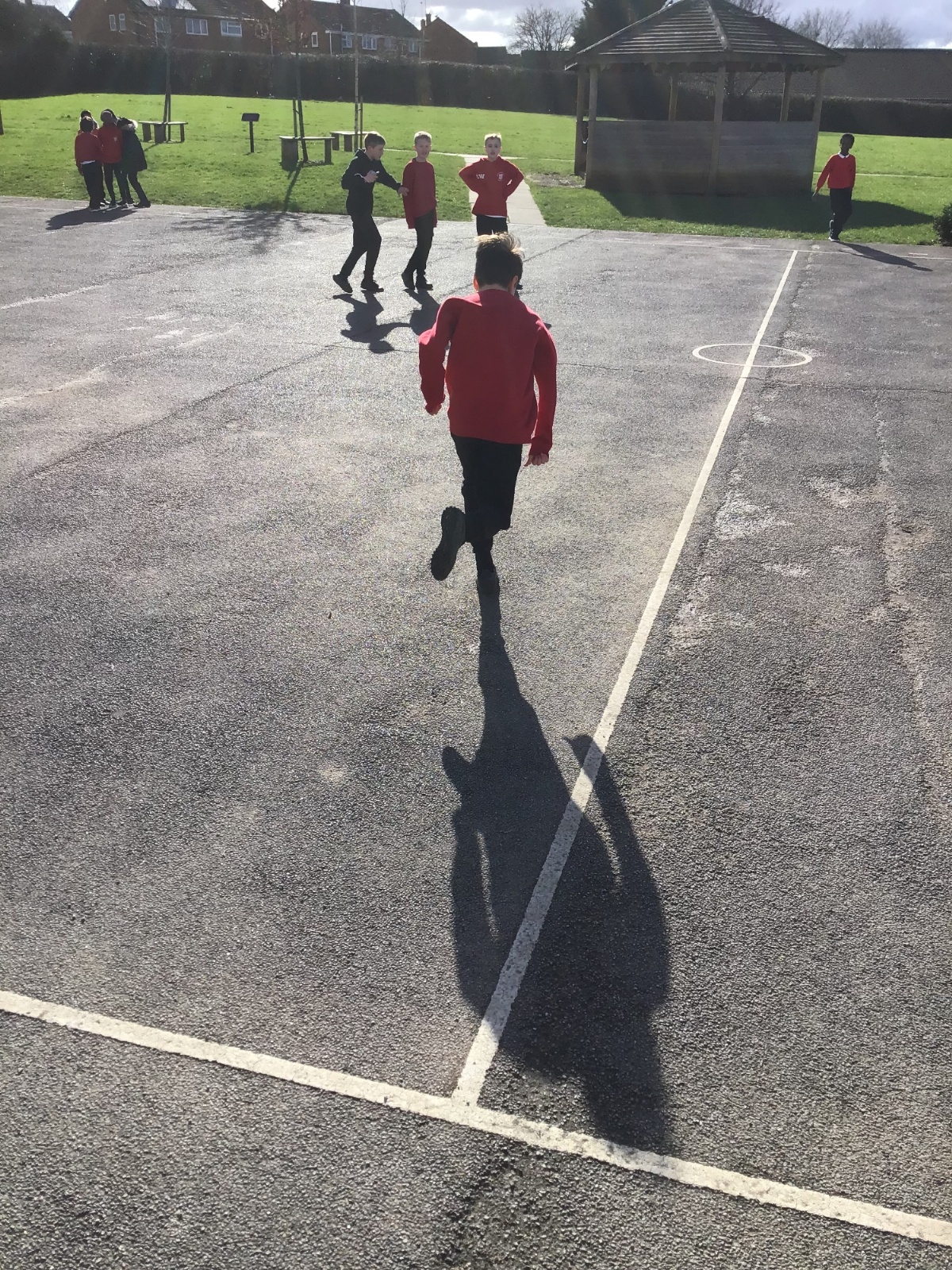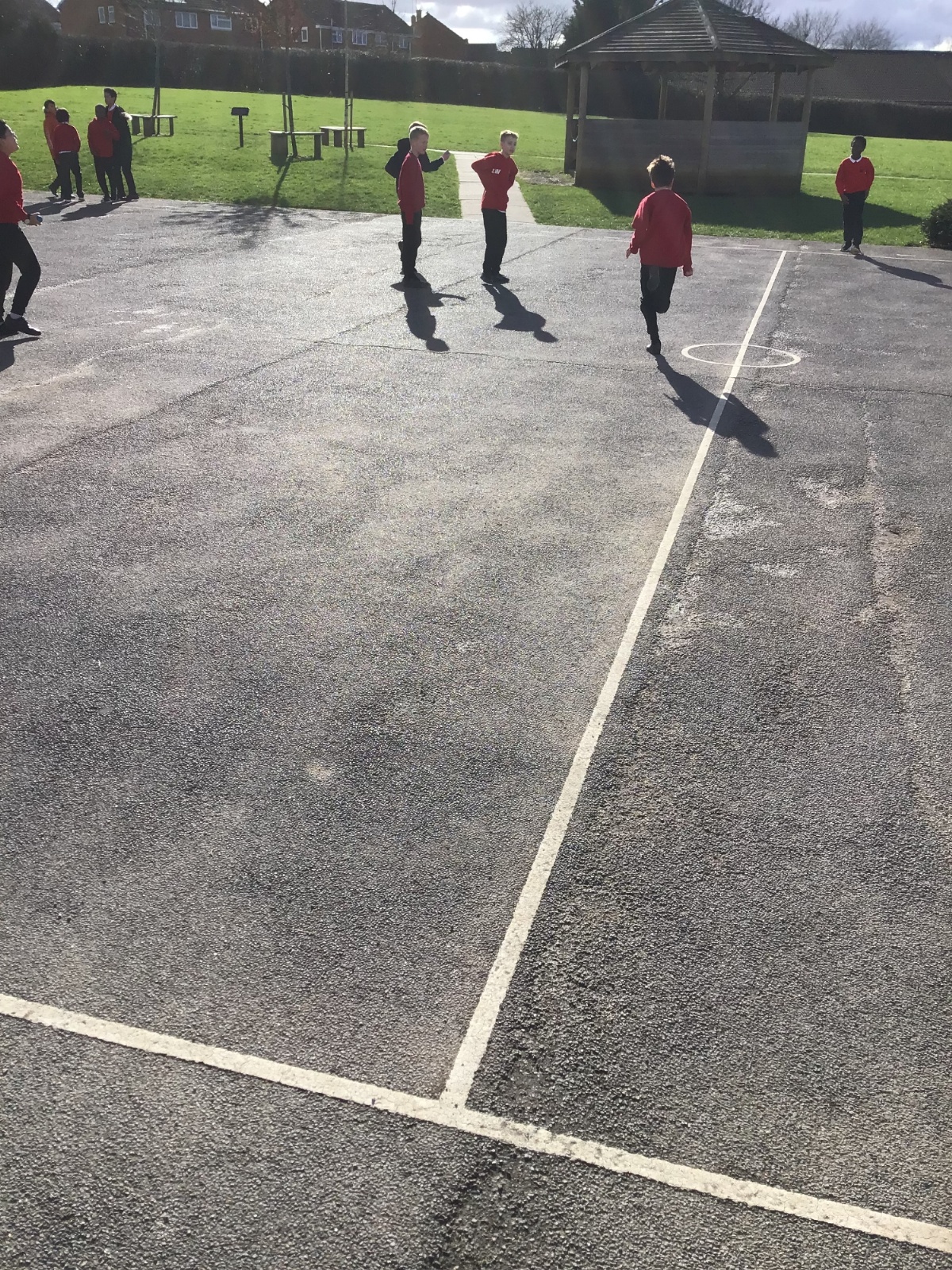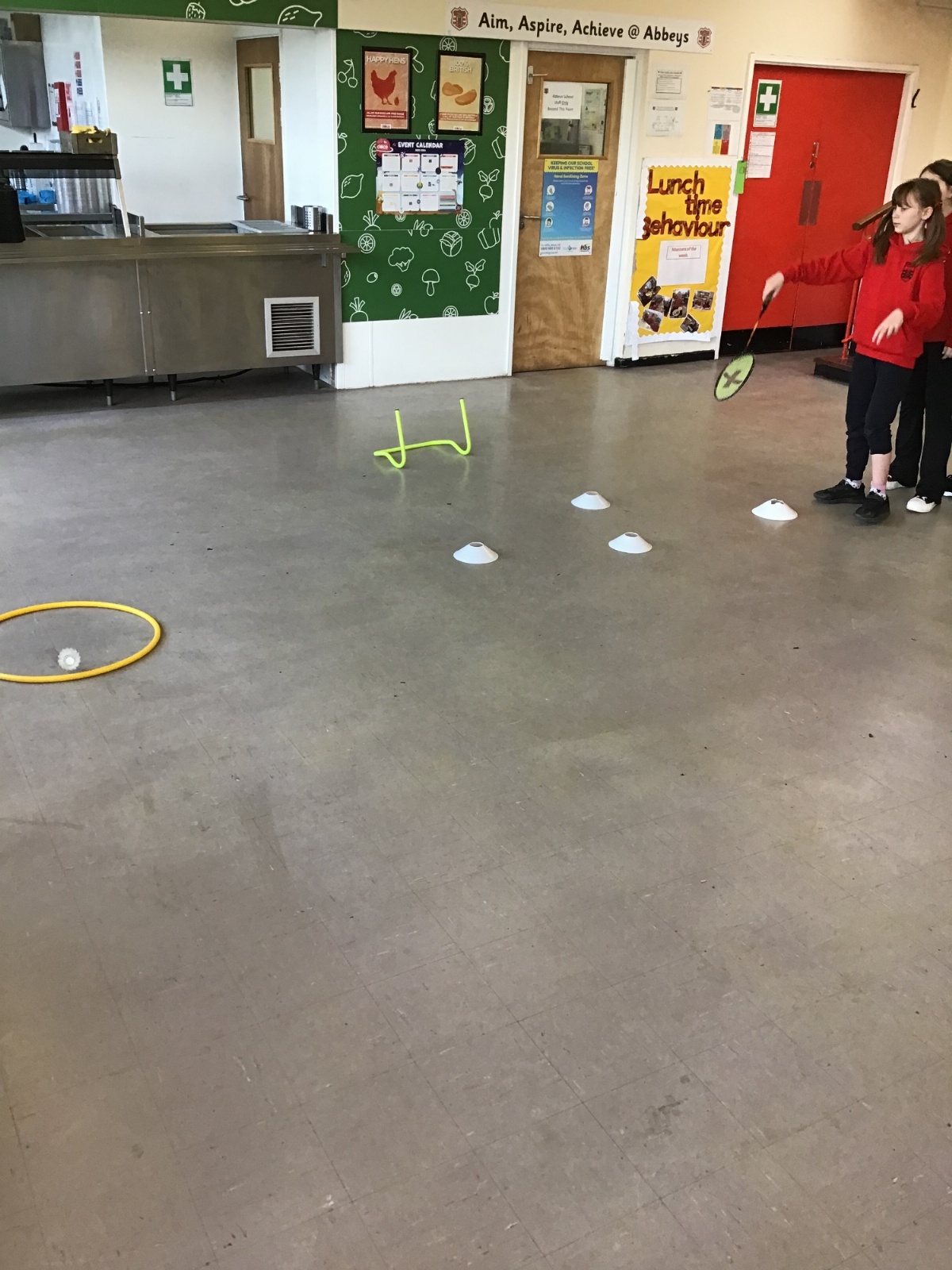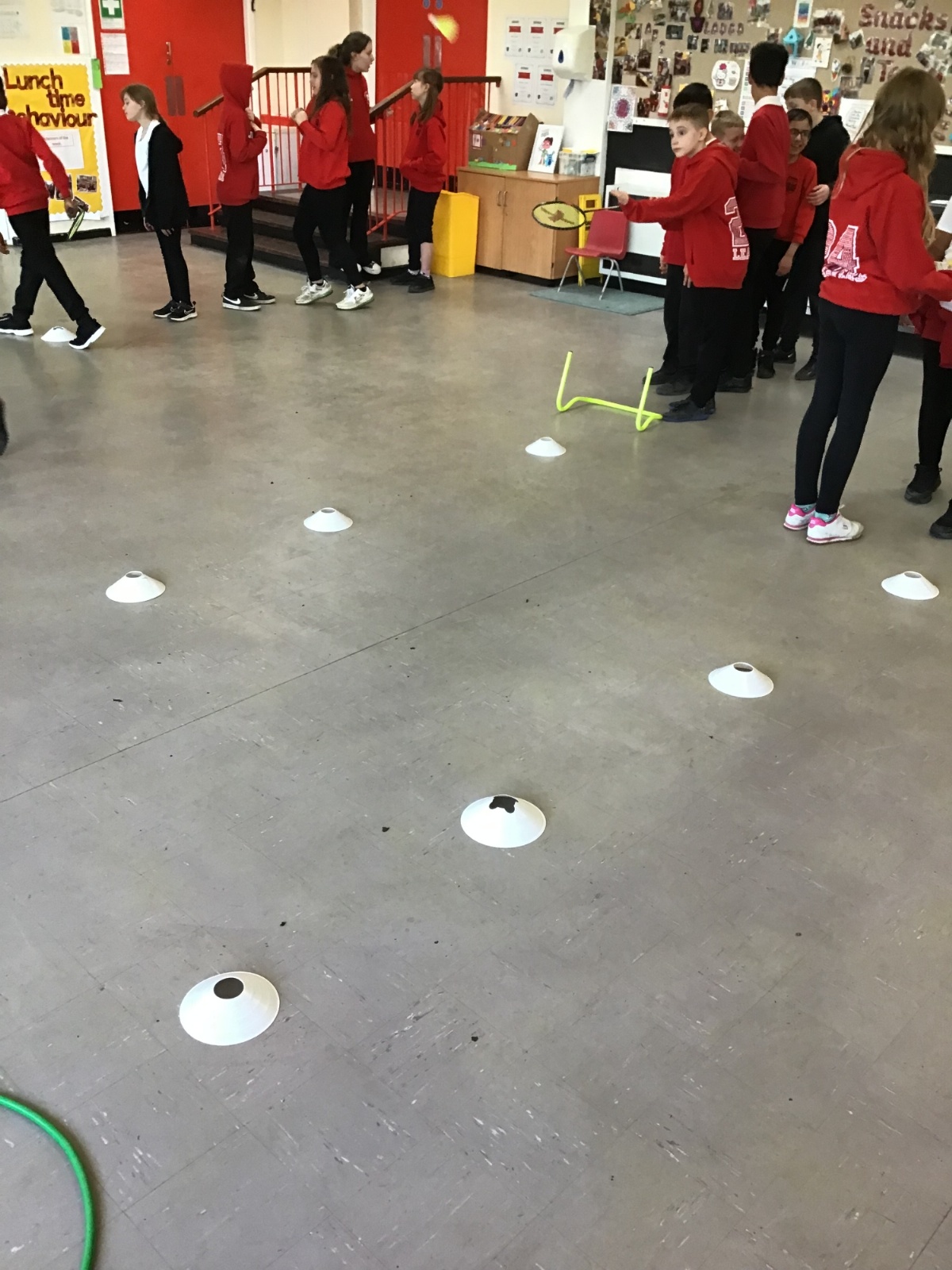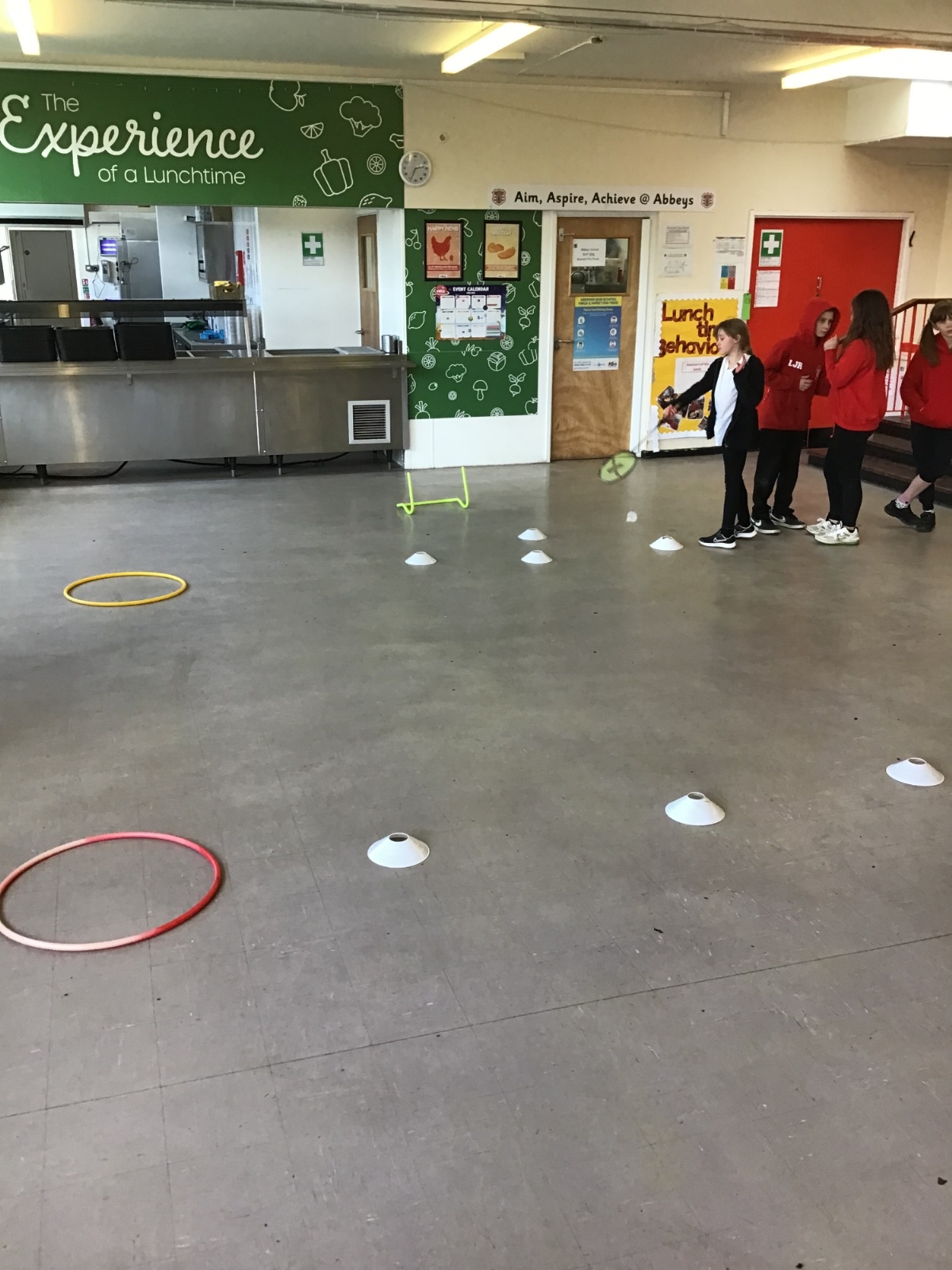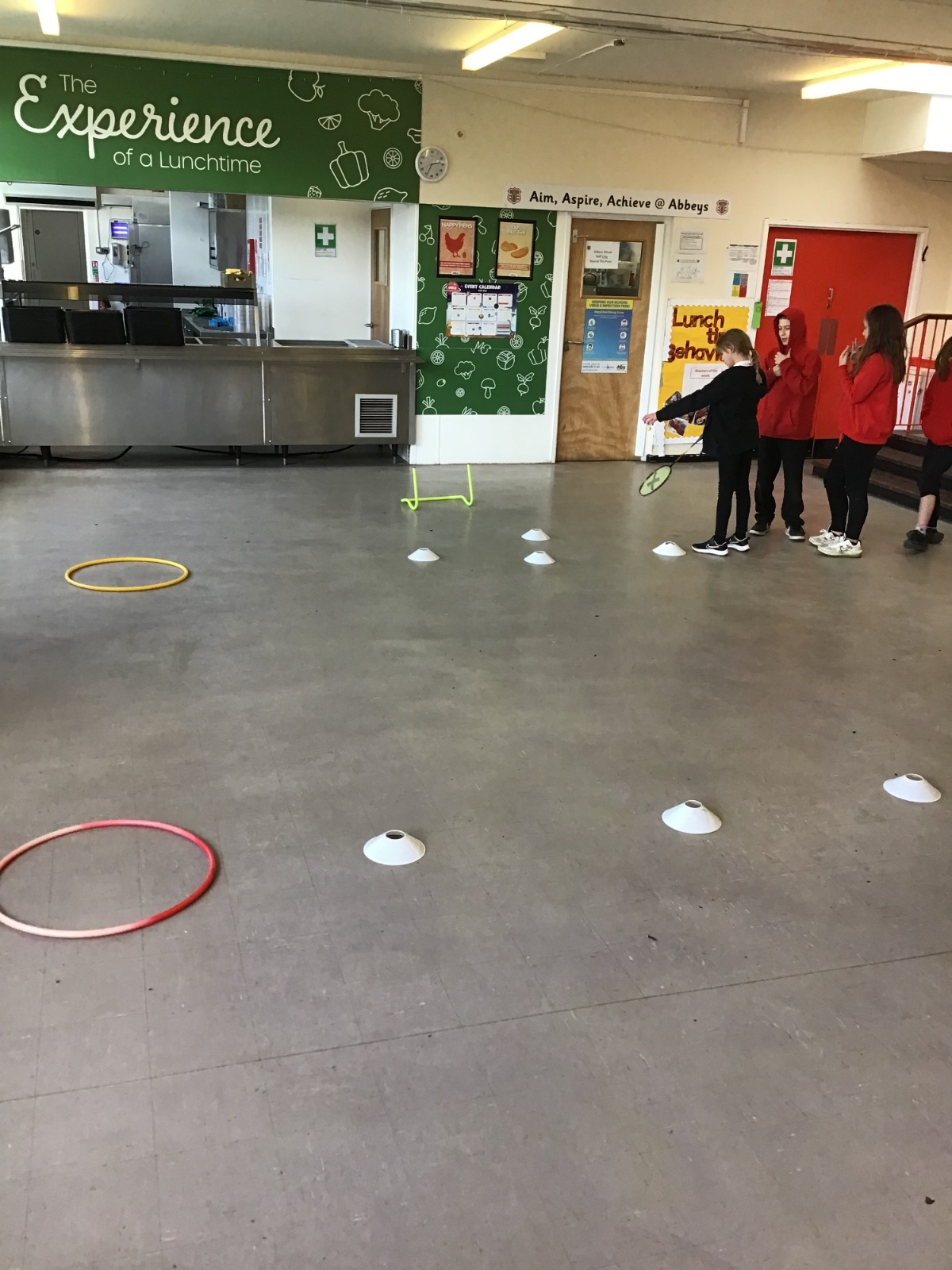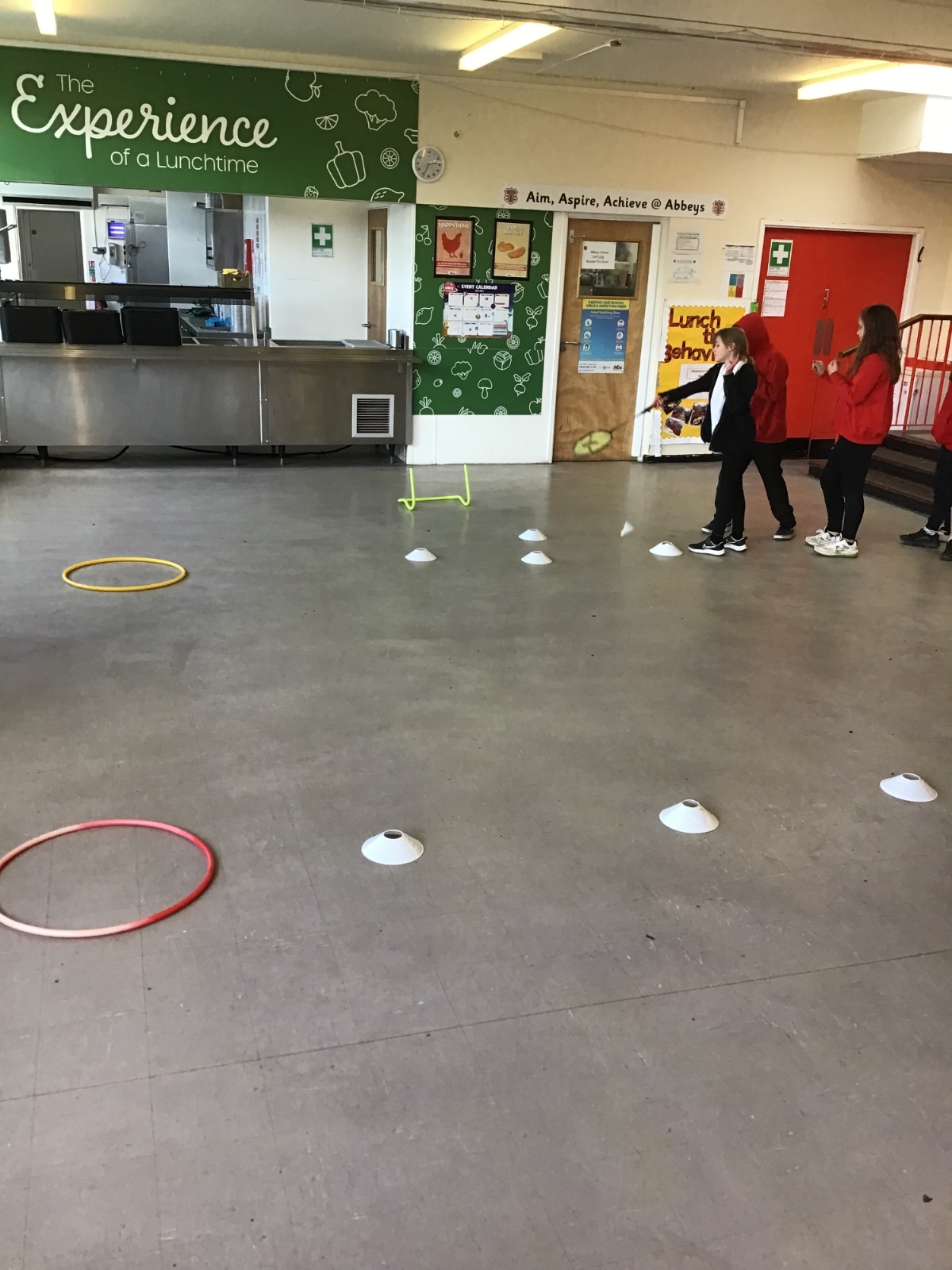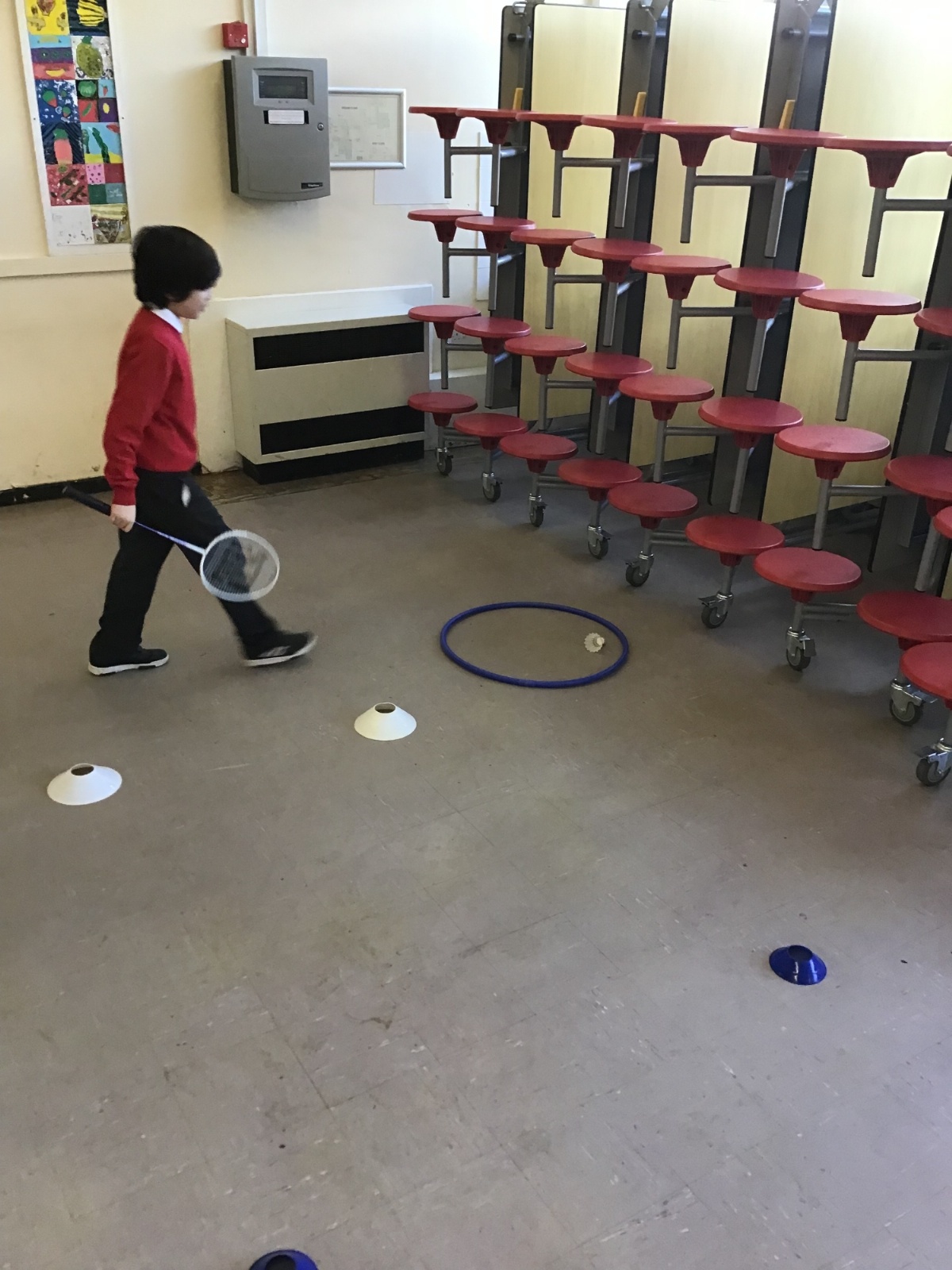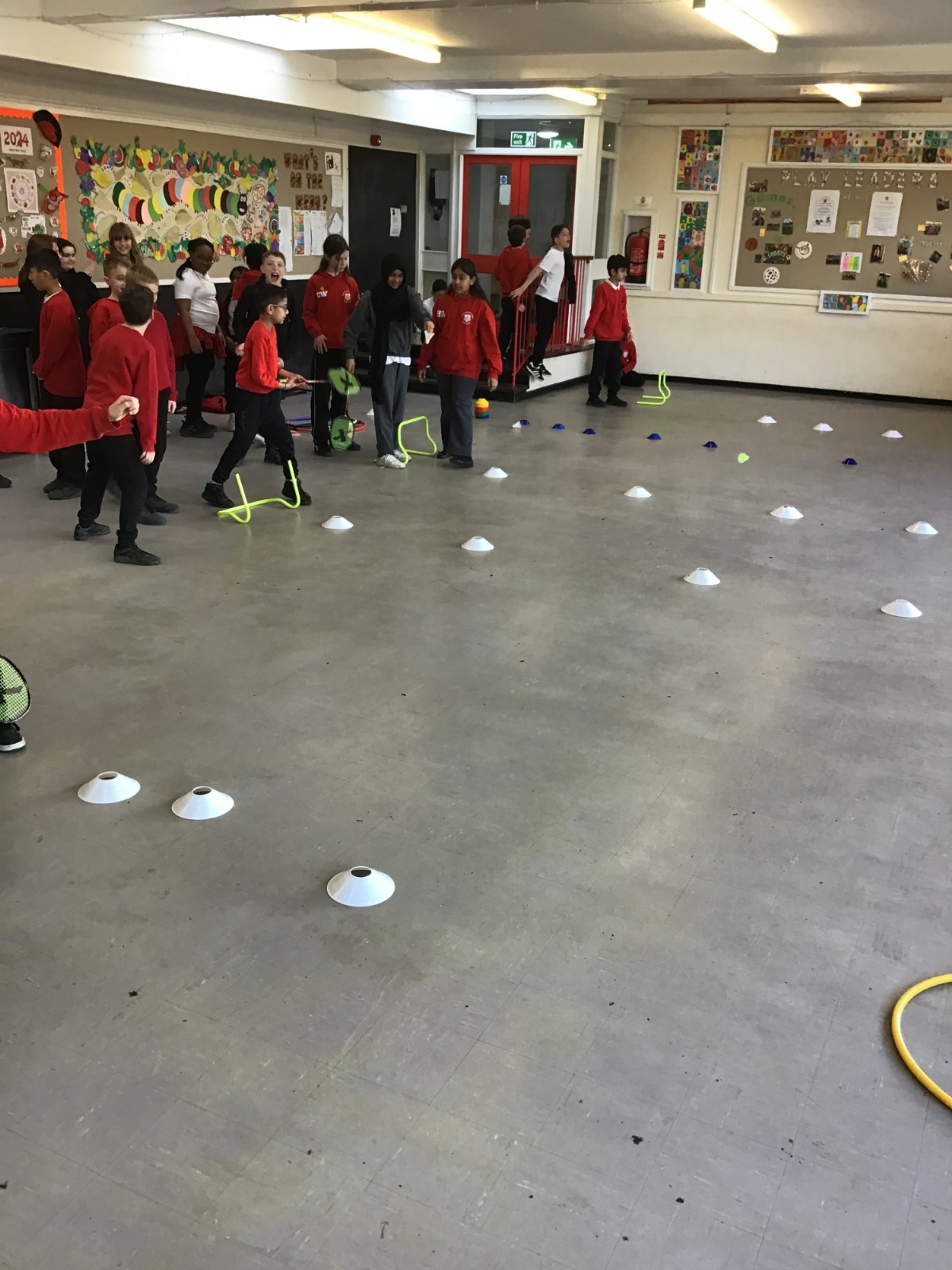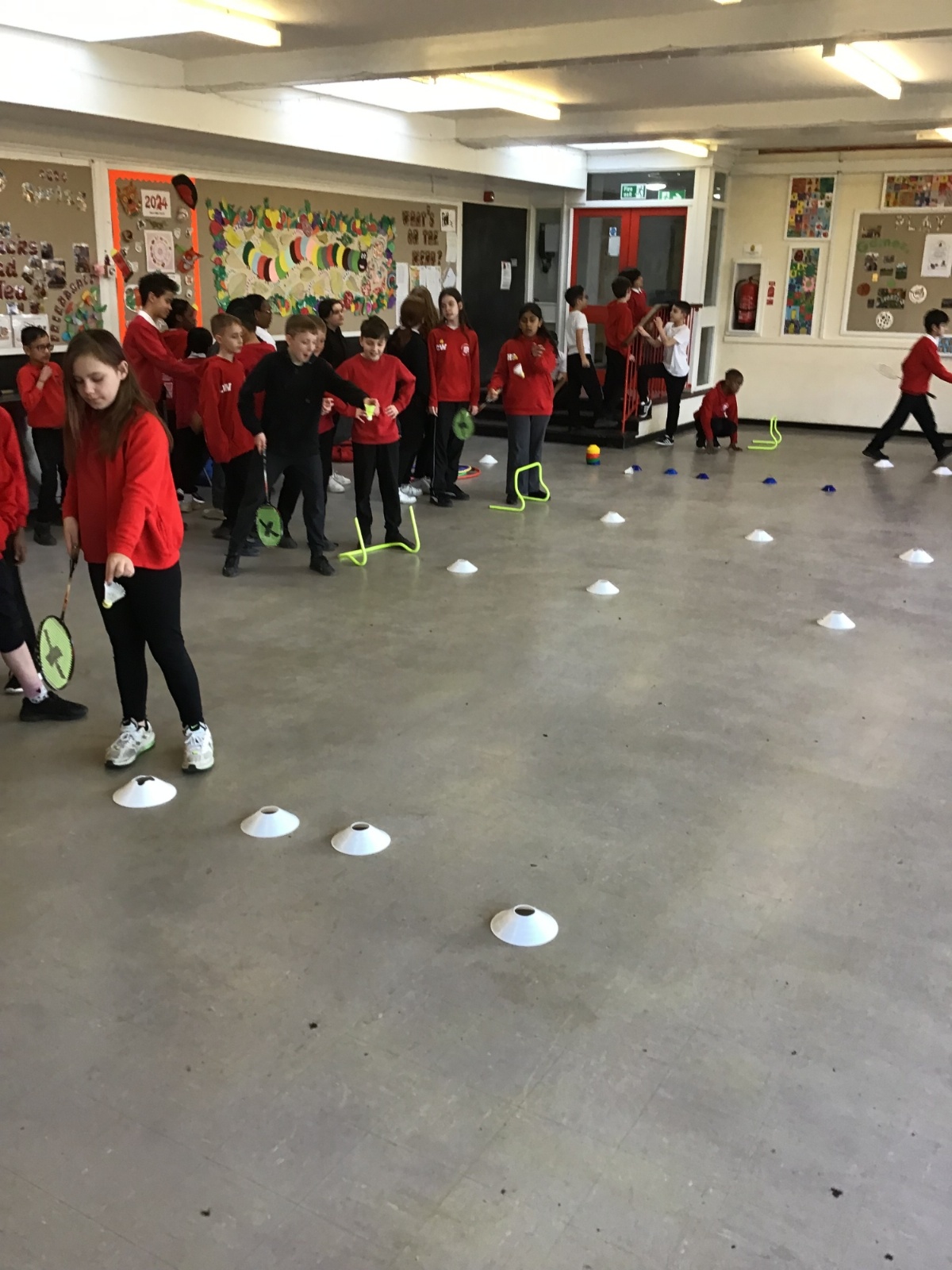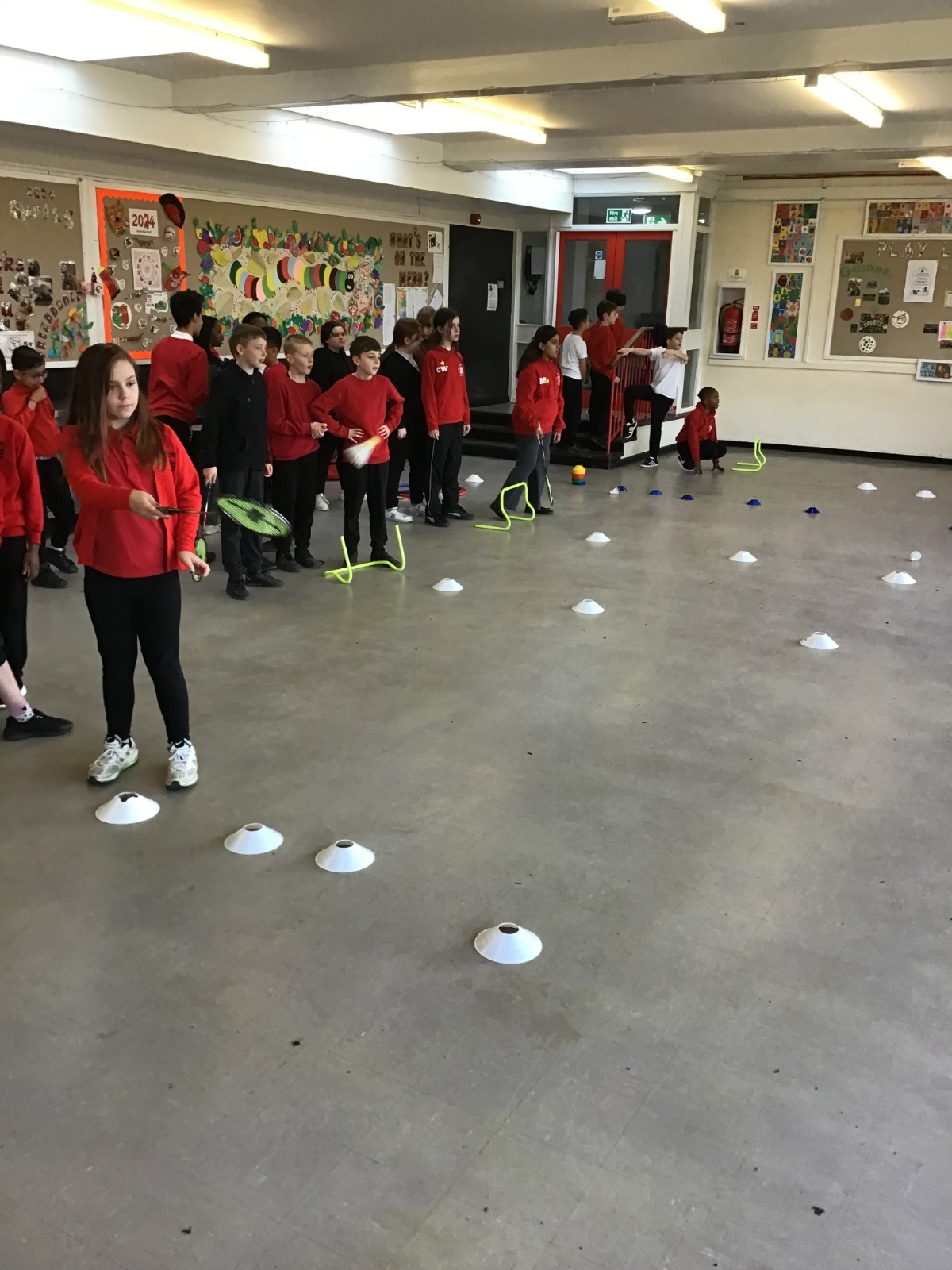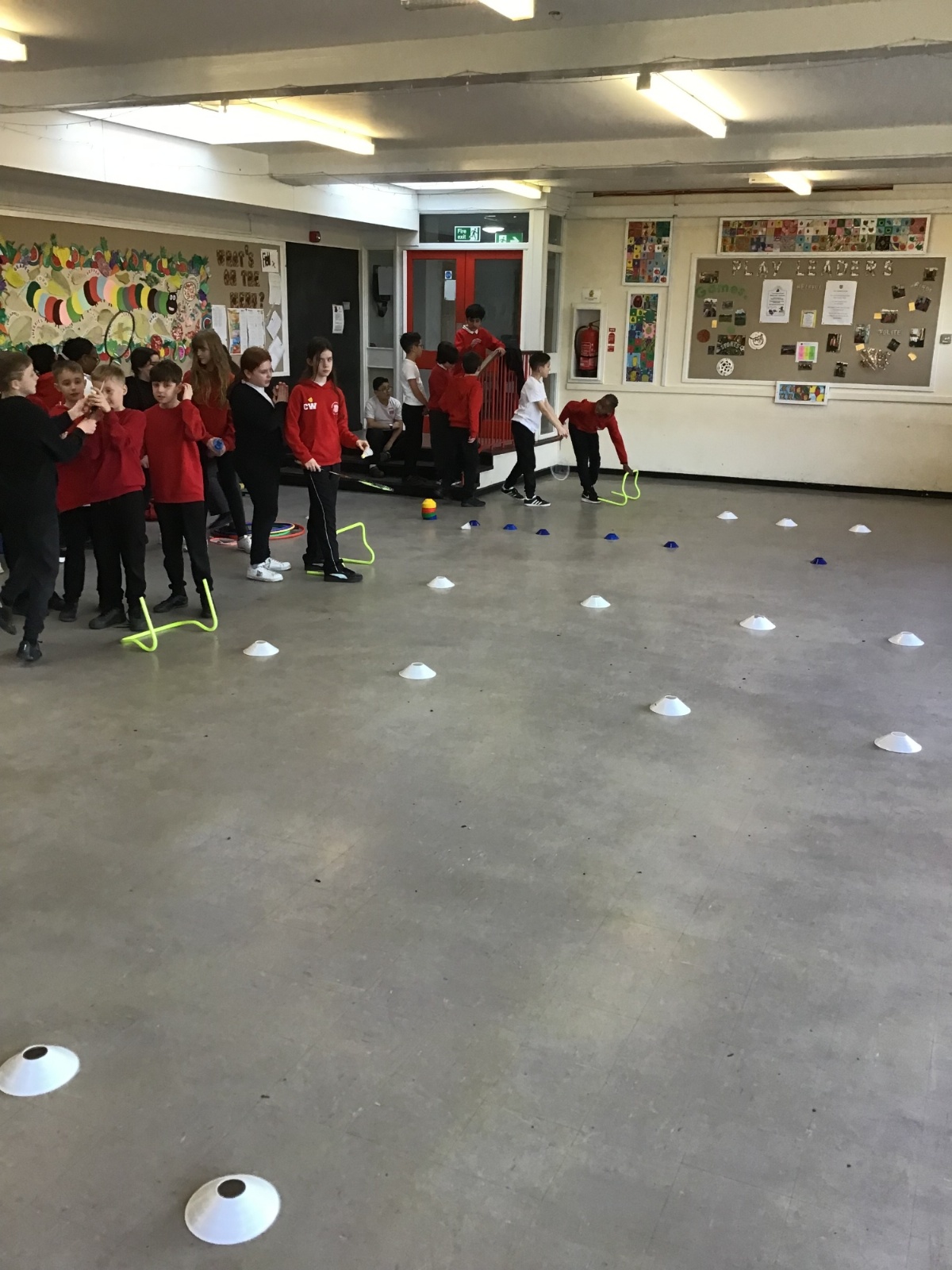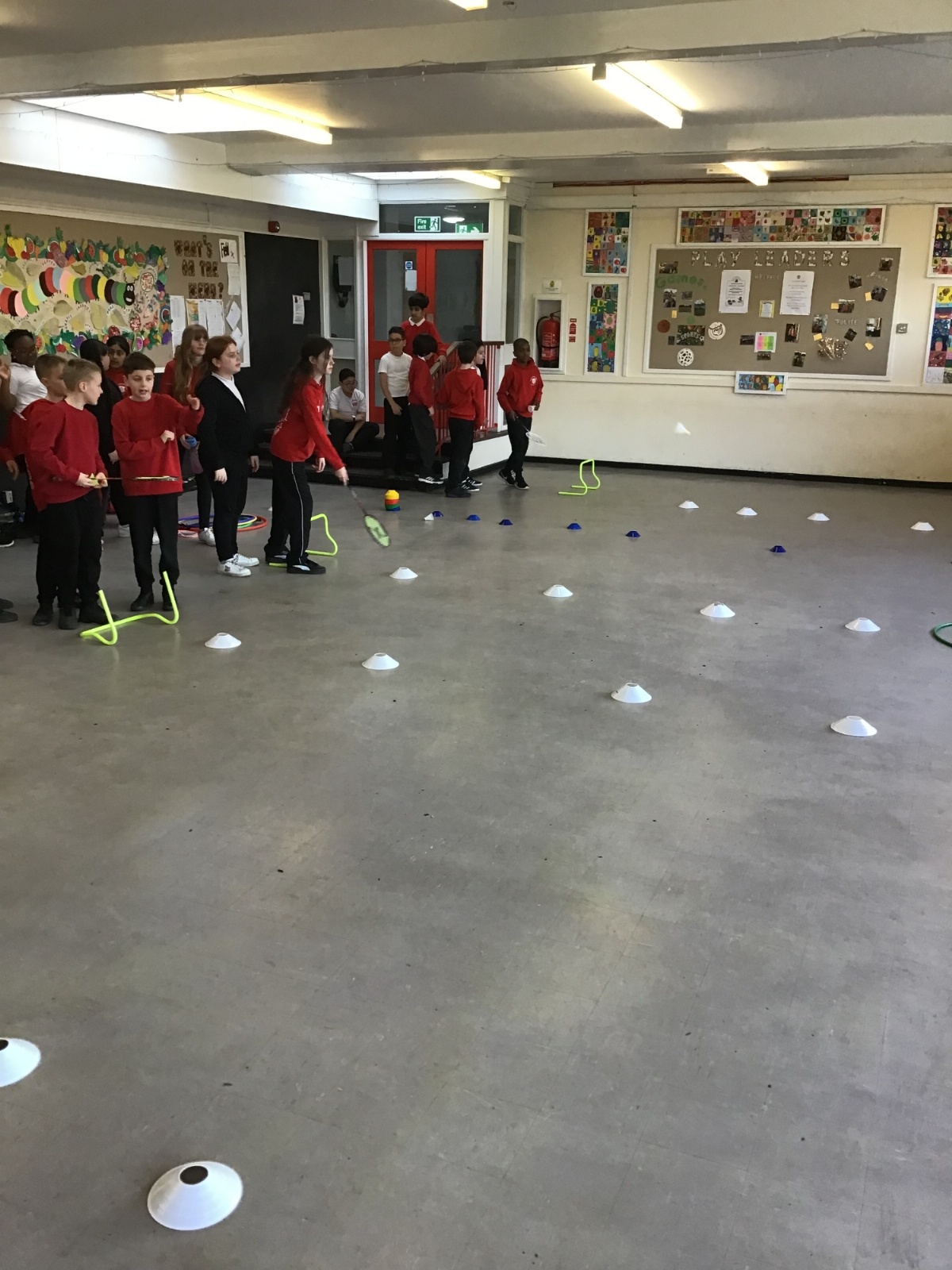PE at Abbeys
We believe that physical education, experienced in a safe and supportive environment, is a unique and vital contributor to a pupil’s physical, mental and social wellbeing and health.
A broad and balanced physical education curriculum is intended to provide pupils with increasing self-confidence in their ability to manage themselves and their bodies. Progressive learning objectives, combined with sympathetic and varied teaching approaches, endeavour to provide stimulating, enjoyable, satisfying and appropriately challenging learning experiences for all pupils. It is our intention to build a curriculum that enables children to develop knowledge, skills and vocabulary in a broad range of sporting activities. We intend on developing values and transferable life skills such as tolerance, fairness and respect. We want to promote the importance of physical activity and for the pupils to associate physical activity with enjoyment to ensure more participation in sport in the future and a healthier future lifestyle.
Physical education (PE) is a vital component of the primary curriculum for several reasons:
Physical Health: PE helps children develop physically by improving their fitness, strength, flexibility, and overall health. Regular physical activity reduces the risk of obesity, heart disease, diabetes, and other health issues later in life.
Motor Skills Development: PE activities help children develop fundamental motor skills such as running, jumping, throwing, and catching. These skills are essential for their physical development and participation in sports and other physical activities.
Social Skills: PE provides opportunities for children to interact with their peers in a structured environment. They learn important social skills such as teamwork, cooperation, communication, and sportsmanship.
Cognitive Development: Physical activity has been linked to improved cognitive function and academic performance. PE helps children develop concentration, focus, and problem-solving skills, which can benefit them in the classroom.
Emotional Well-being: Engaging in physical activity releases endorphins, which are neurotransmitters that promote feelings of happiness and reduce stress and anxiety. PE can help children manage their emotions and improve their overall well-being.
Lifelong Habits: Instilling healthy habits early in life increases the likelihood that children will continue to prioritise physical activity as they grow older. PE lays the foundation for a lifelong commitment to health and fitness.
Overall, PE is important in primary schools because it promotes physical, social, and emotional development, enhances academic performance, and encourages lifelong healthy habits.

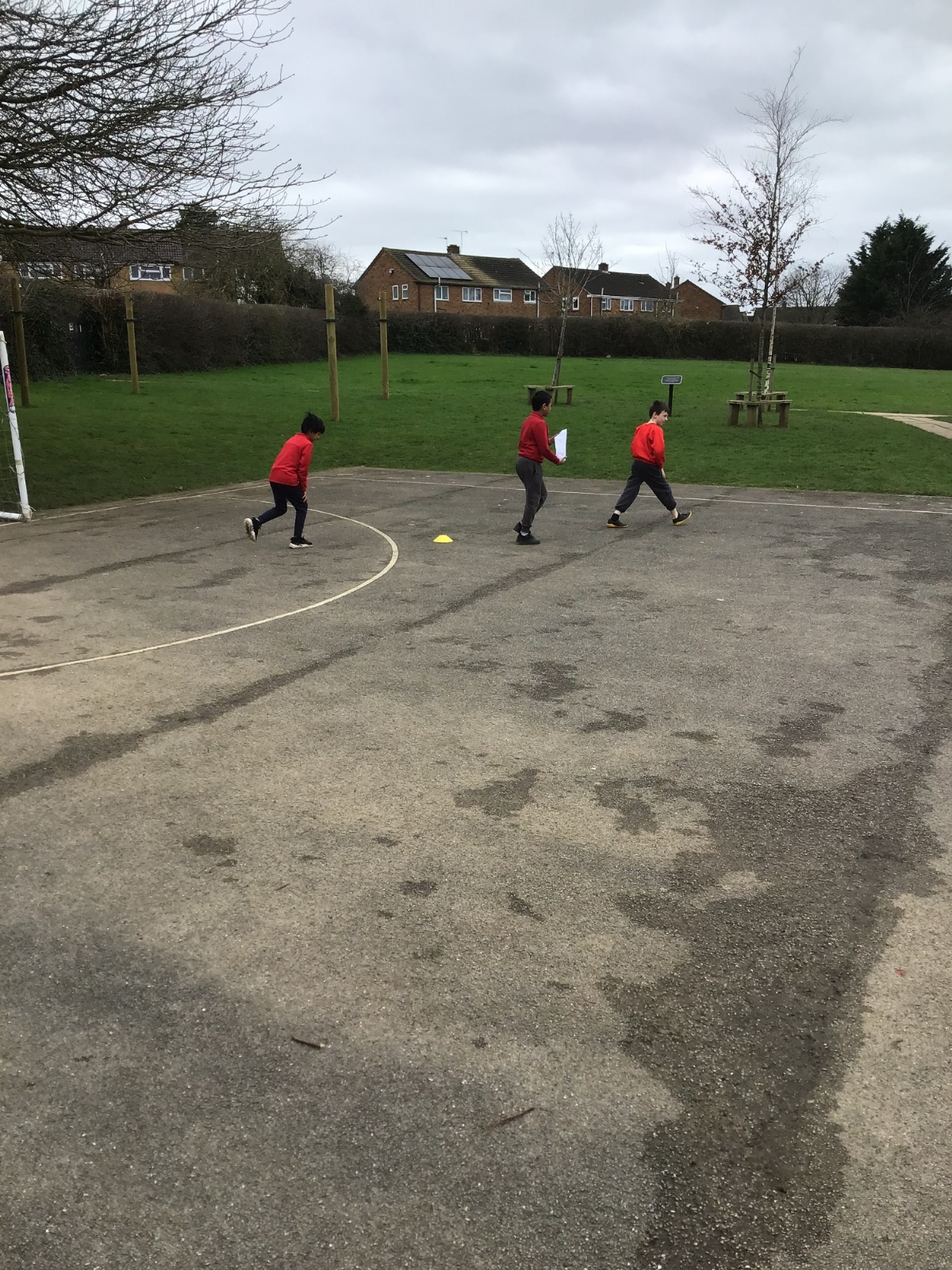
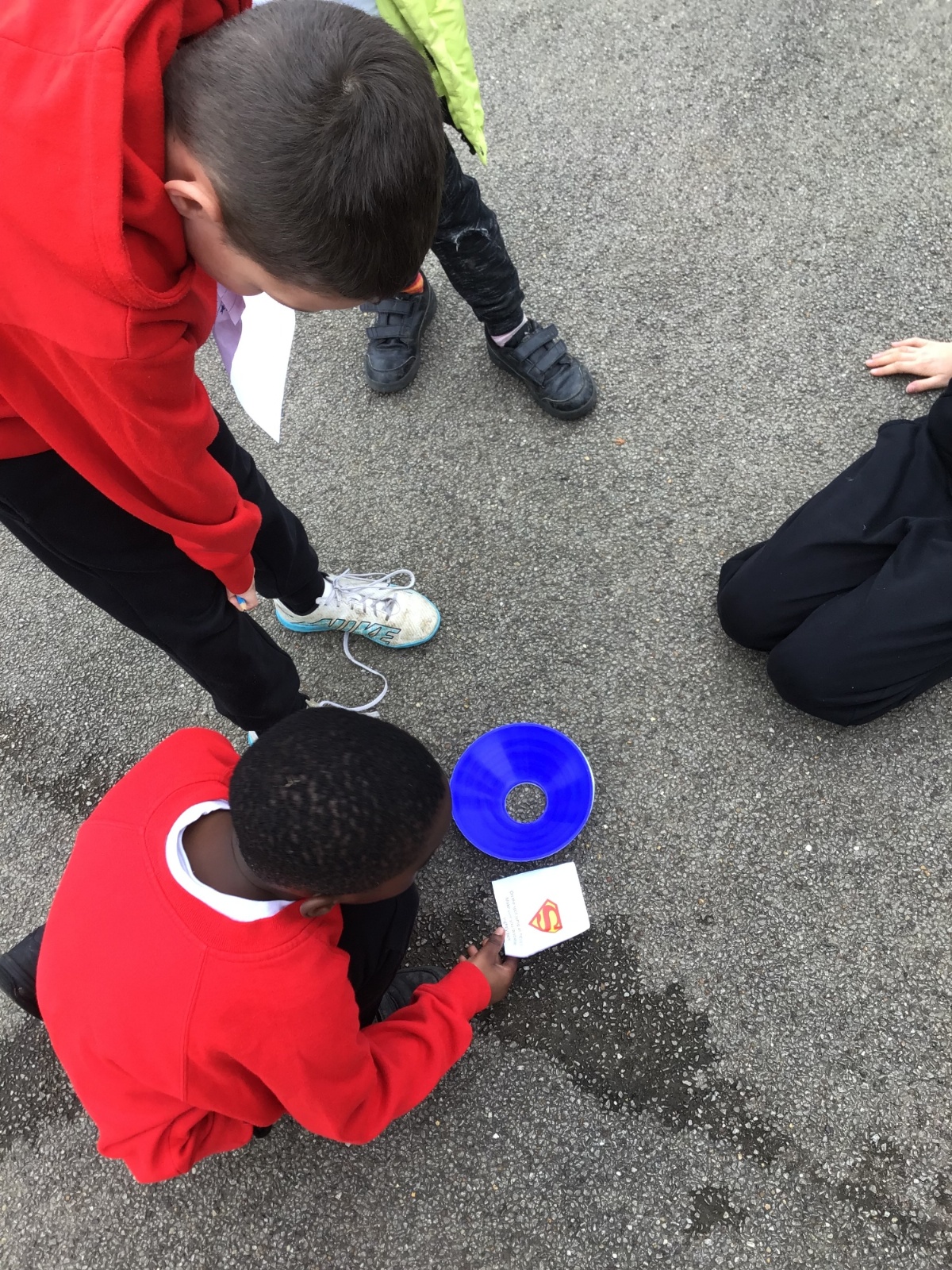
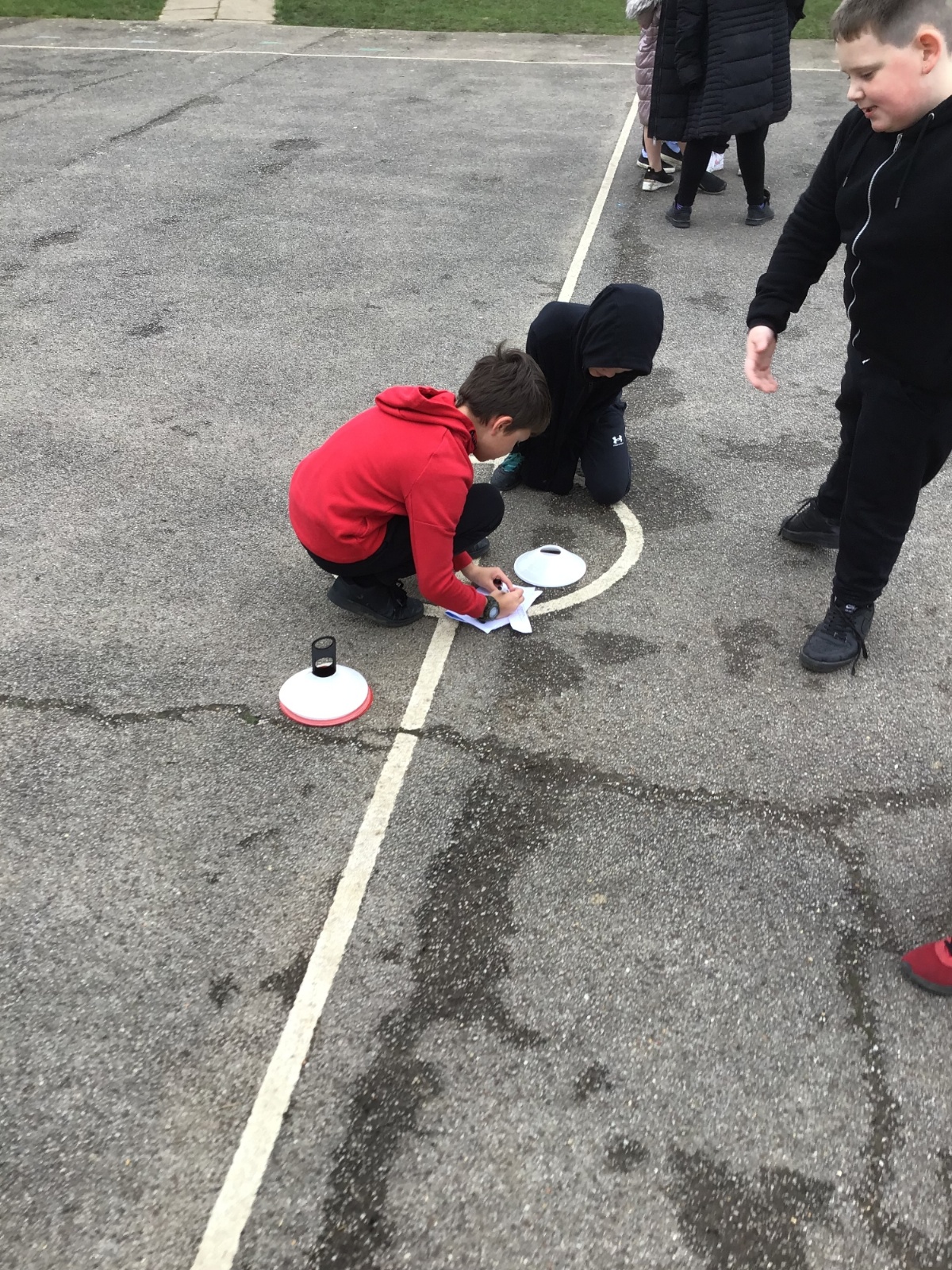
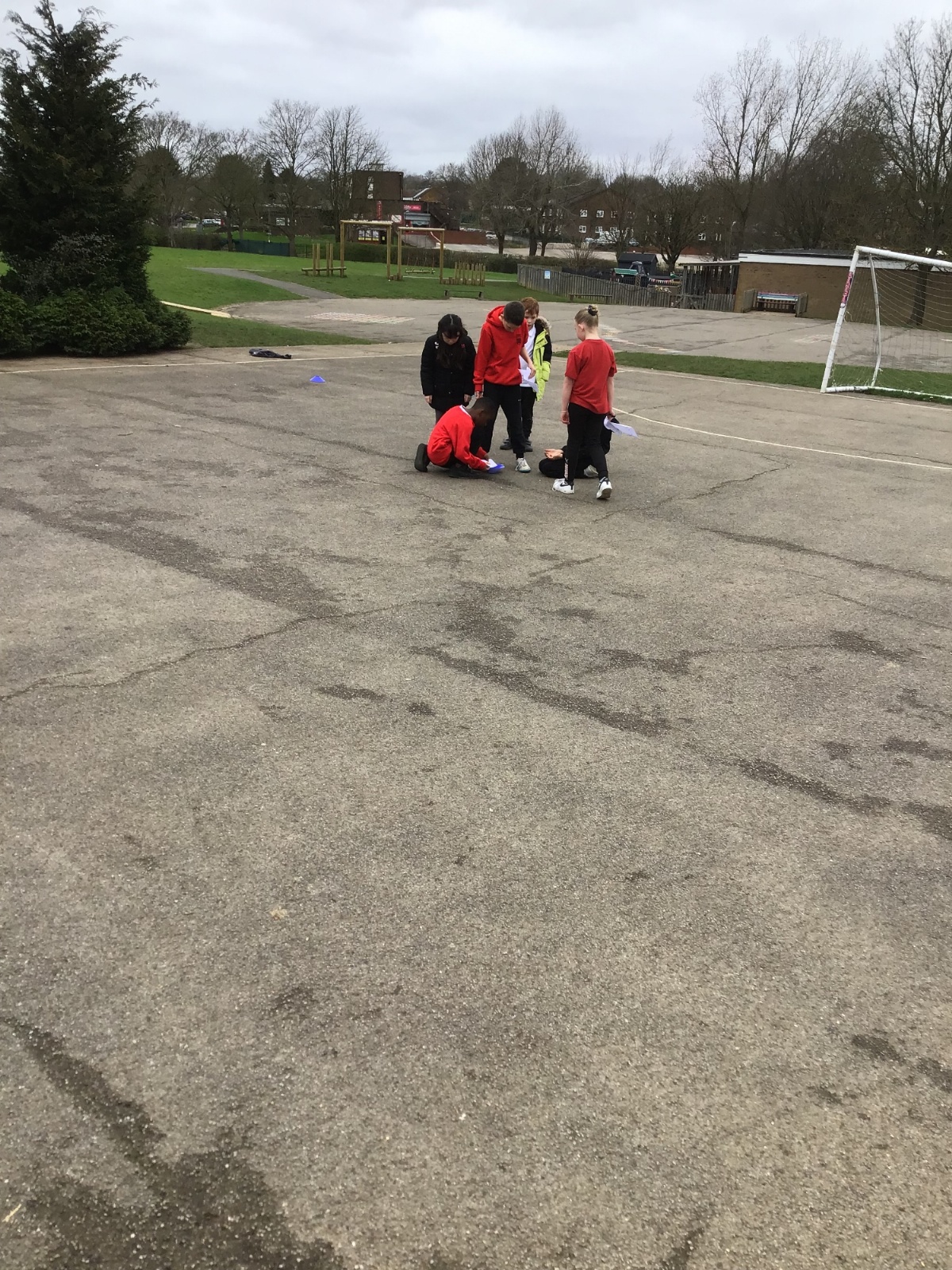
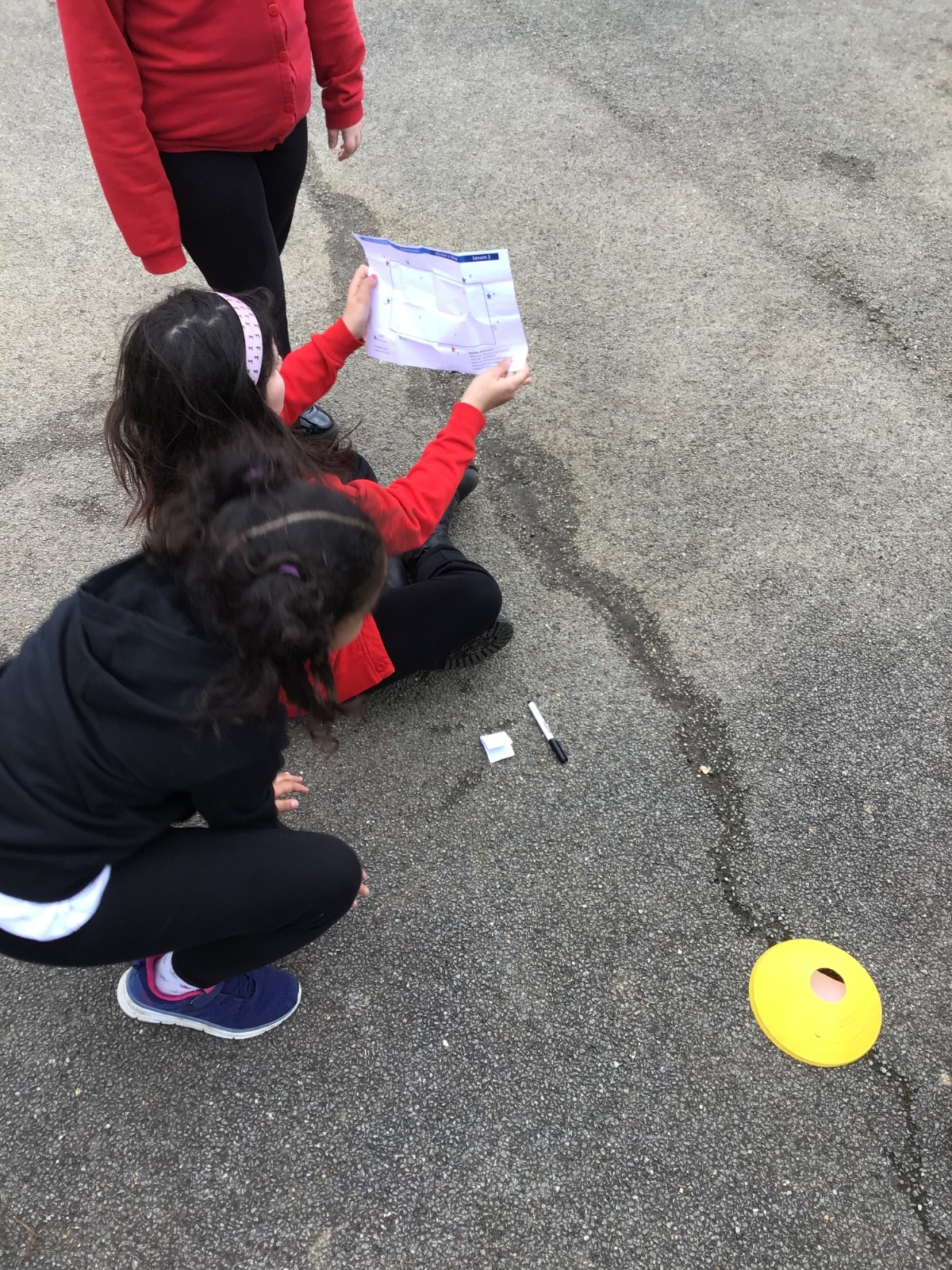
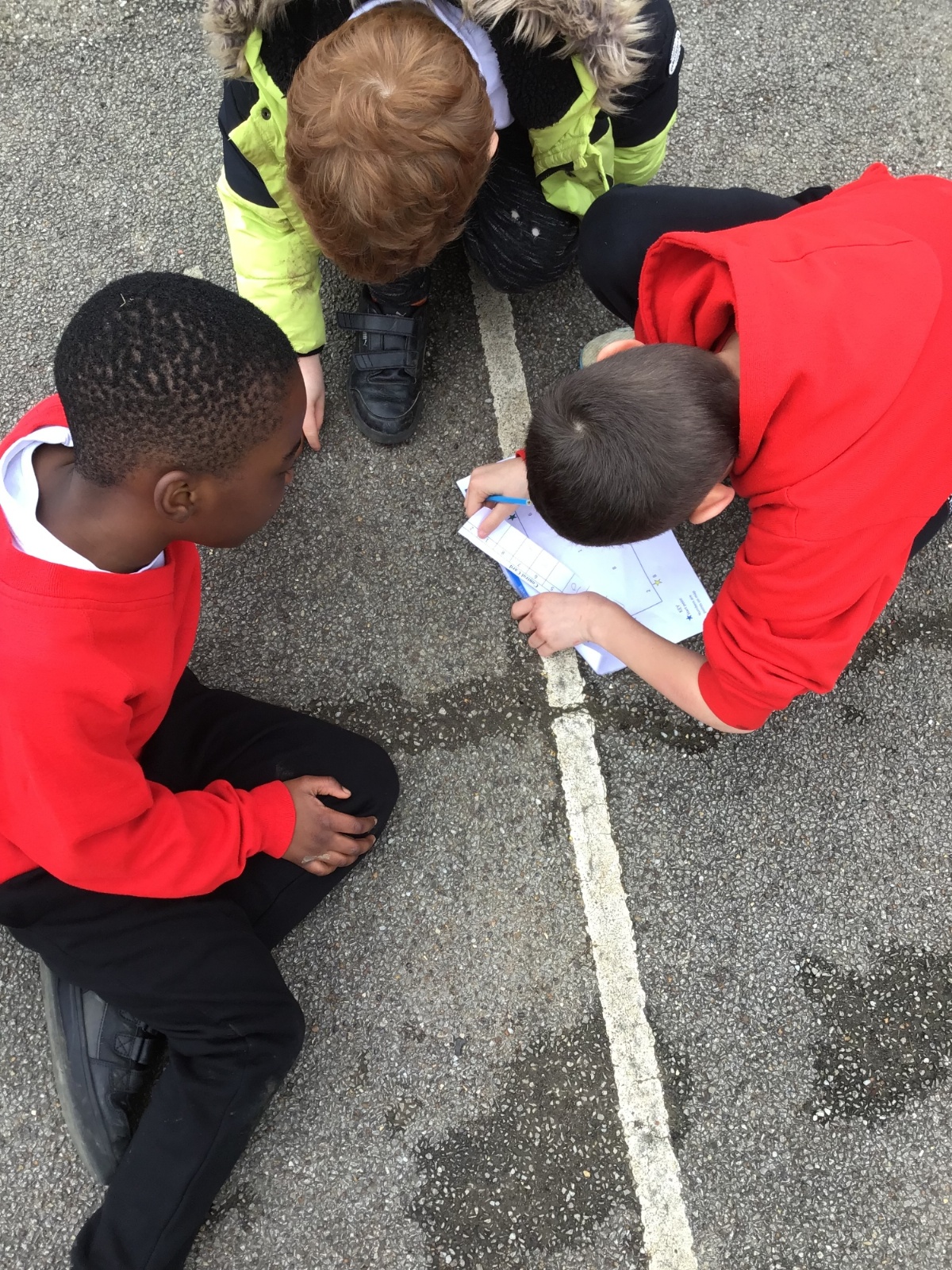
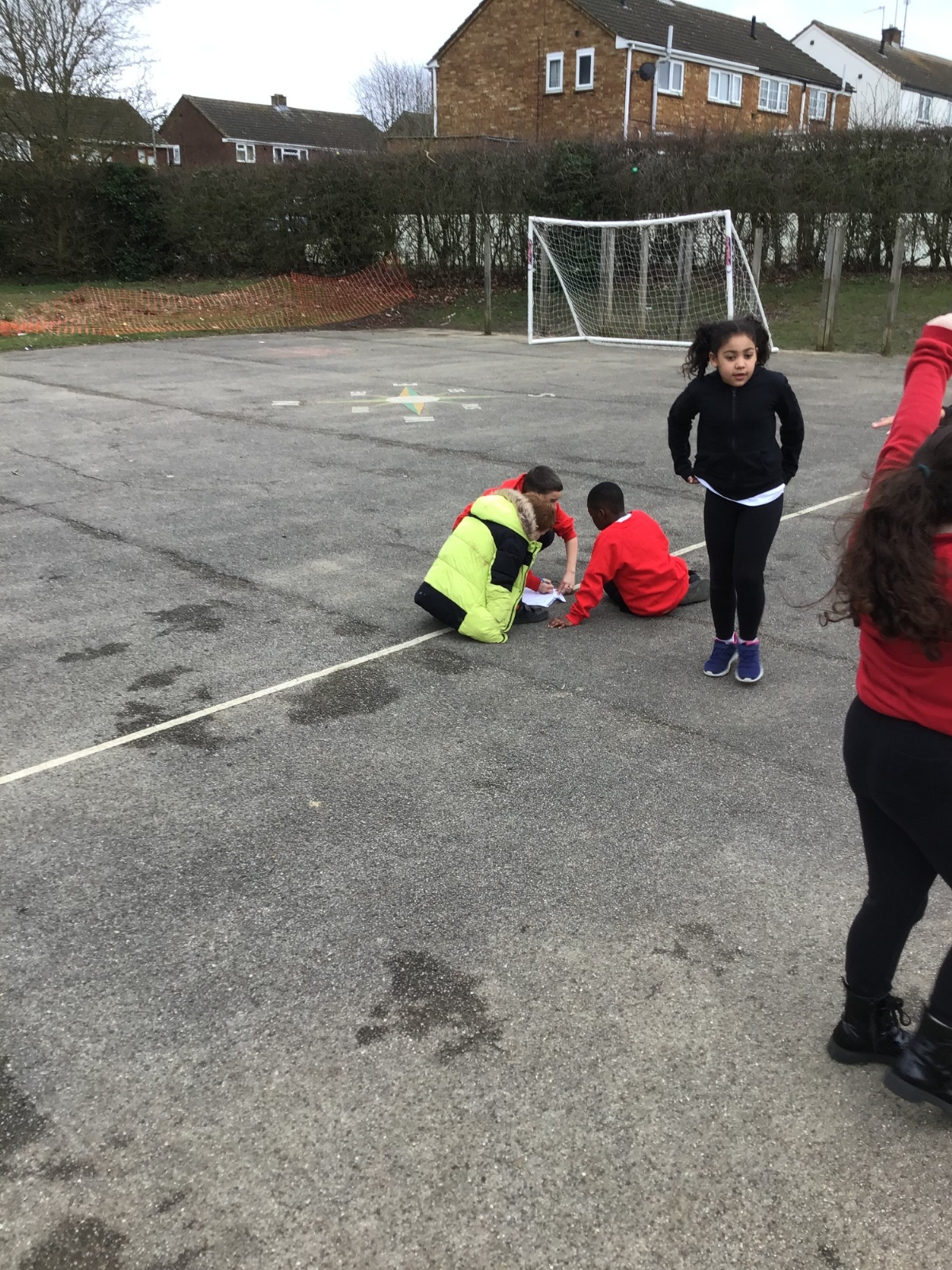
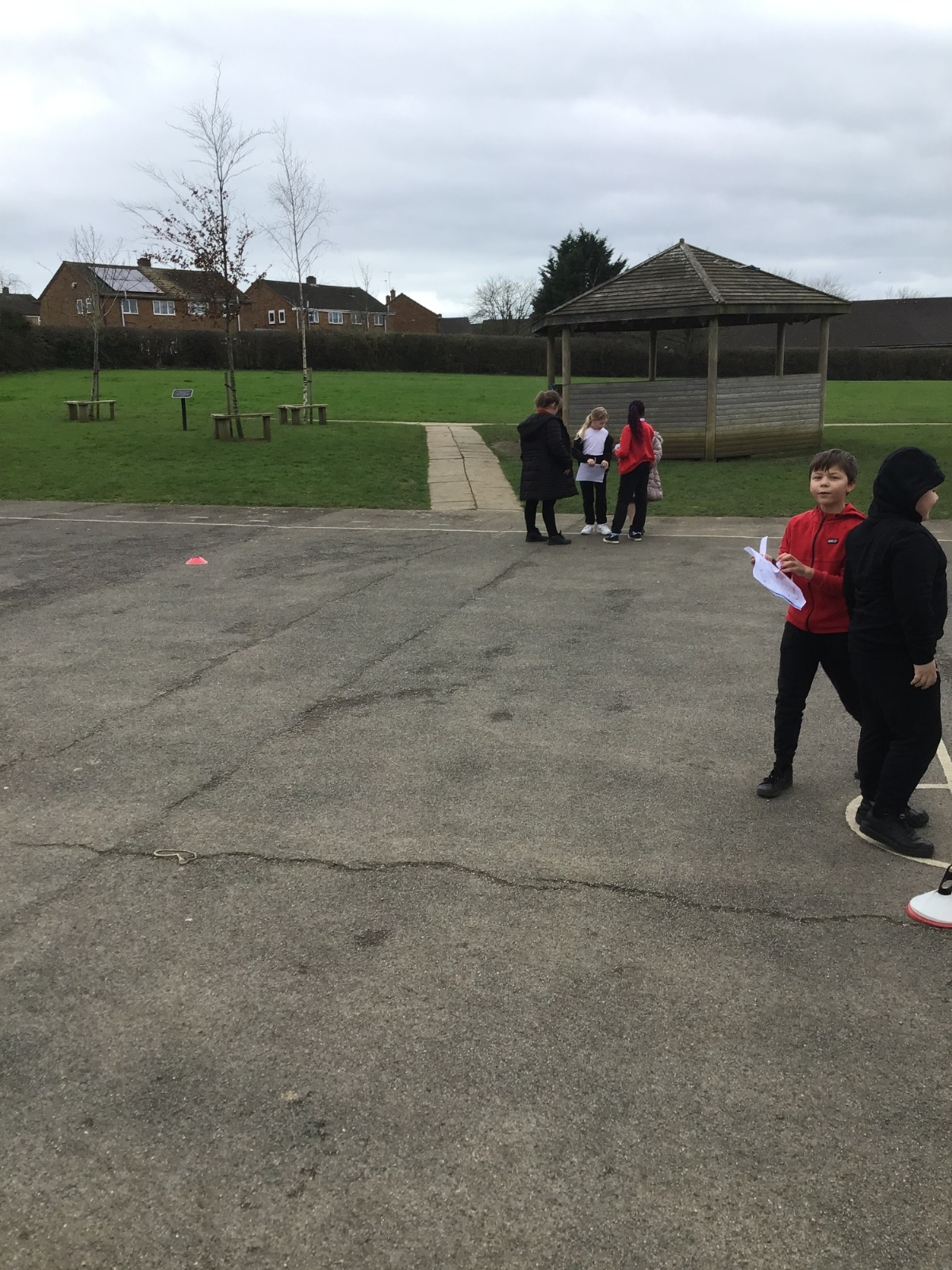
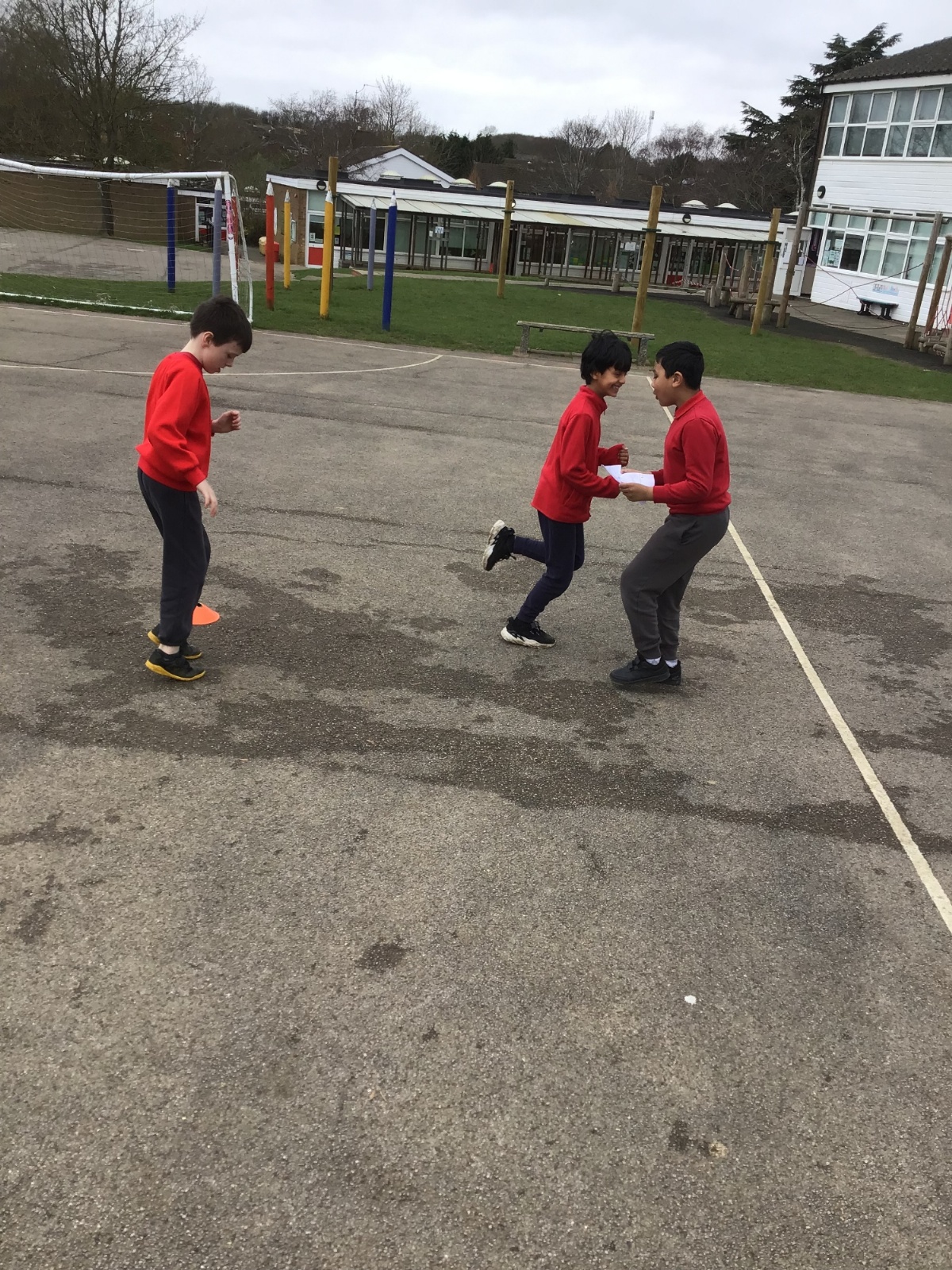
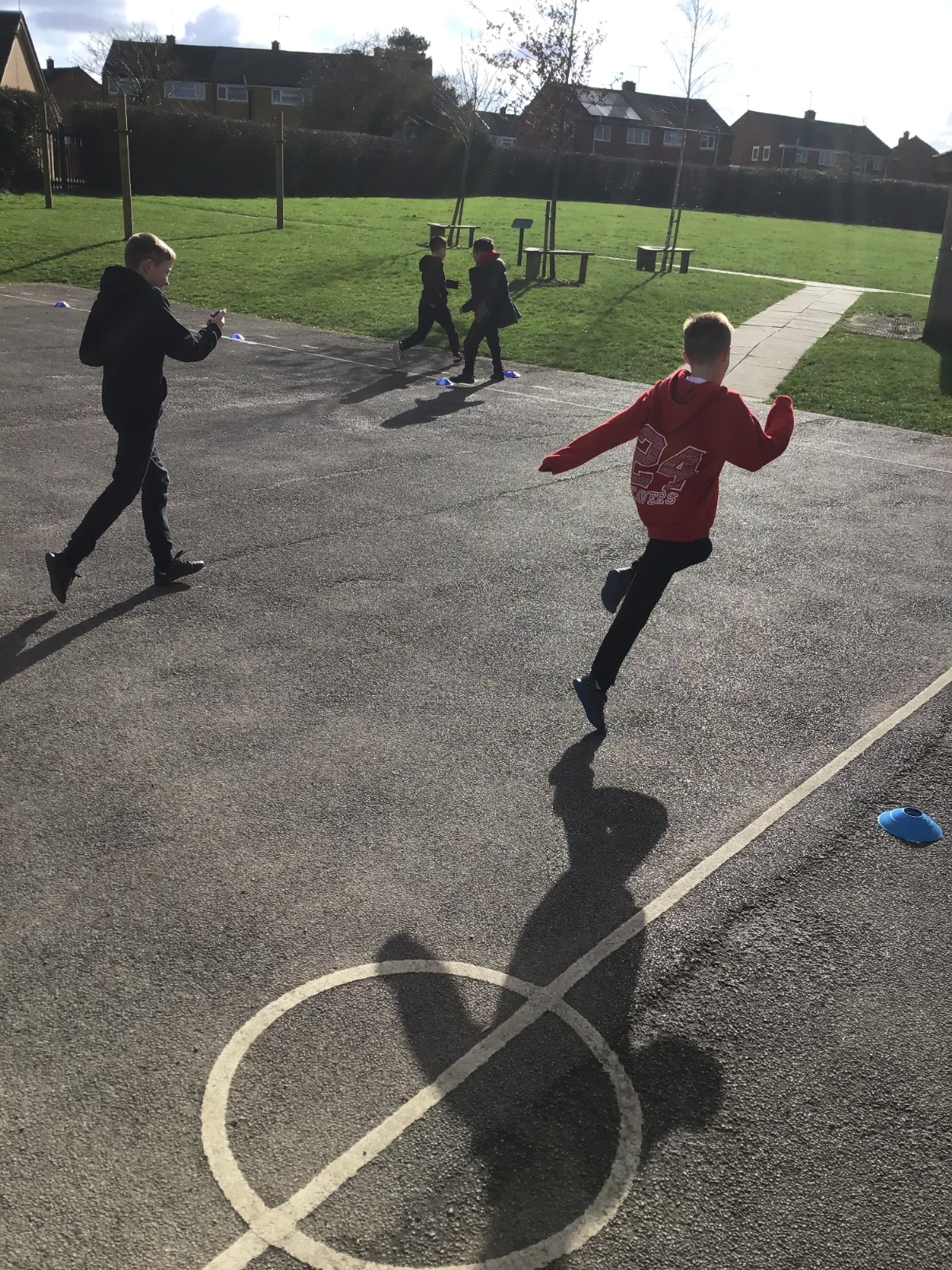
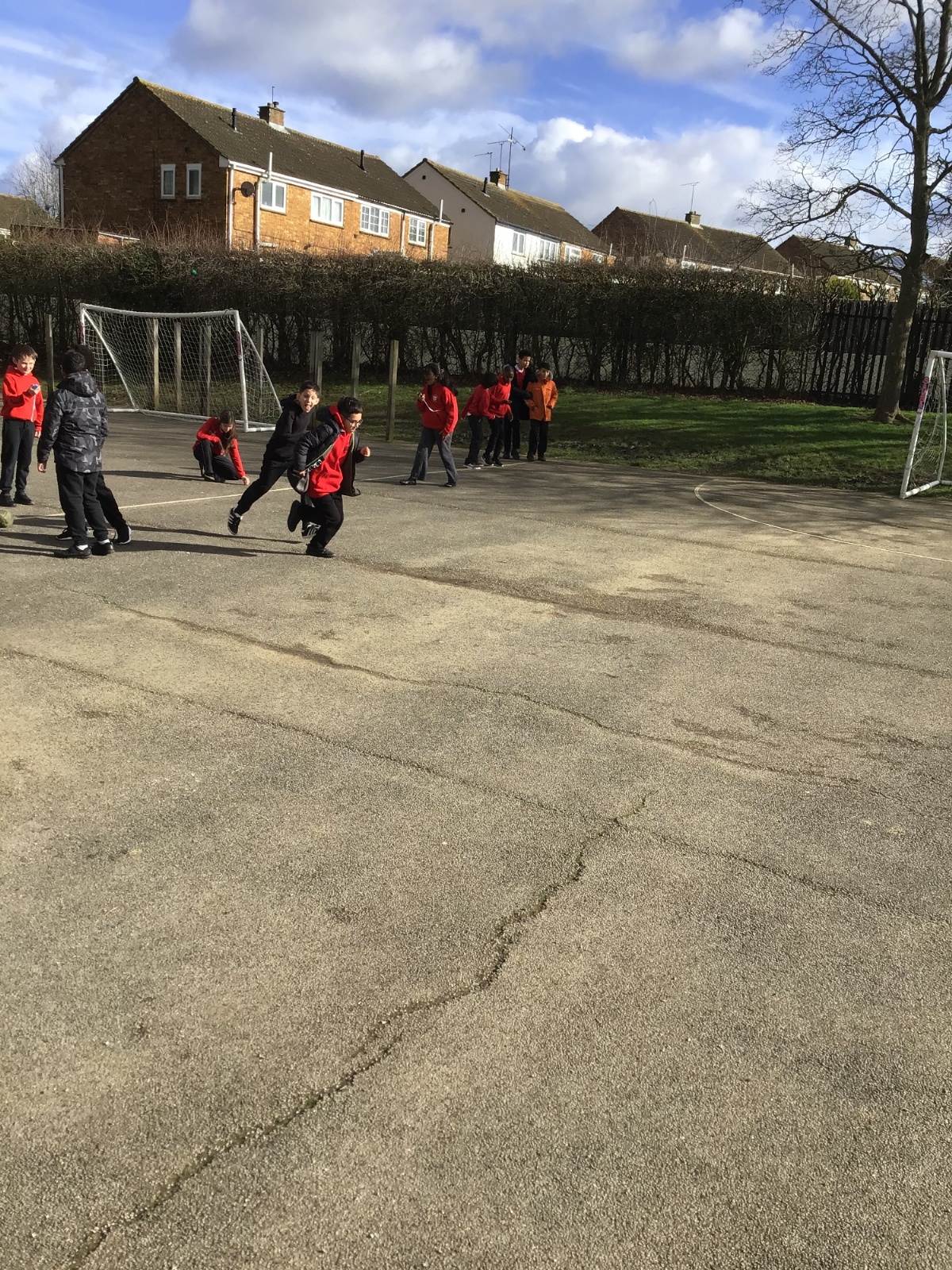
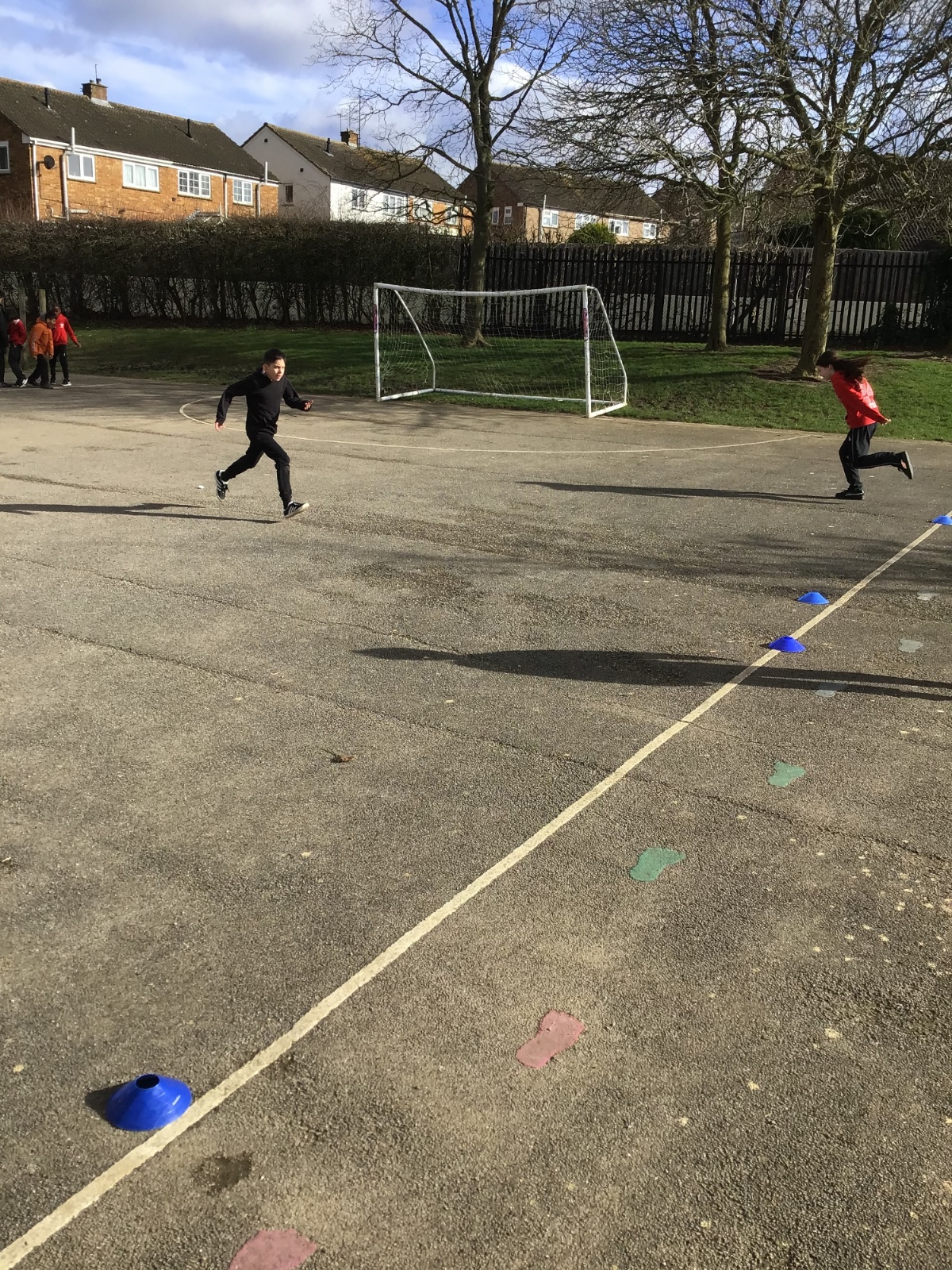
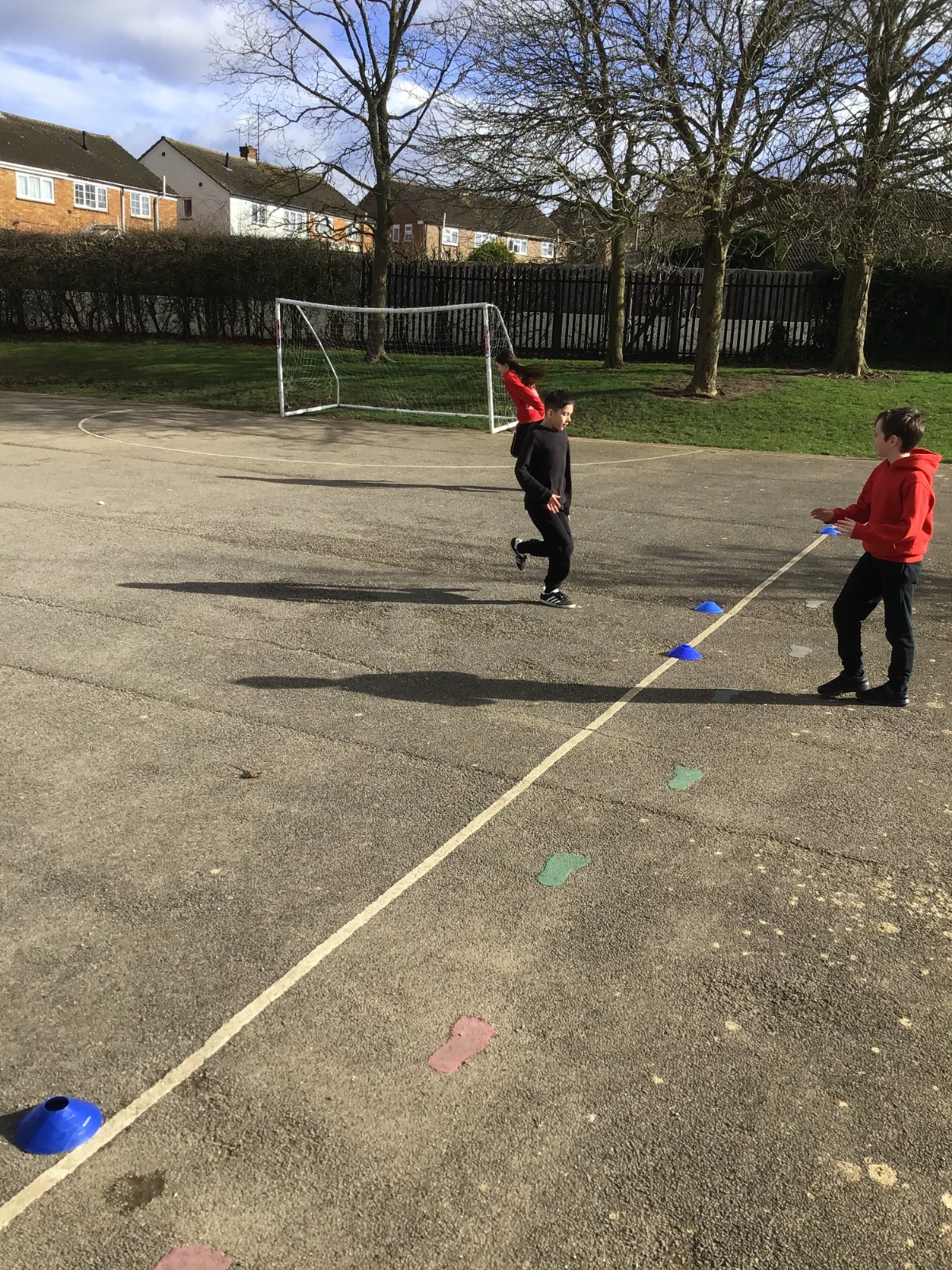
.JPG)
